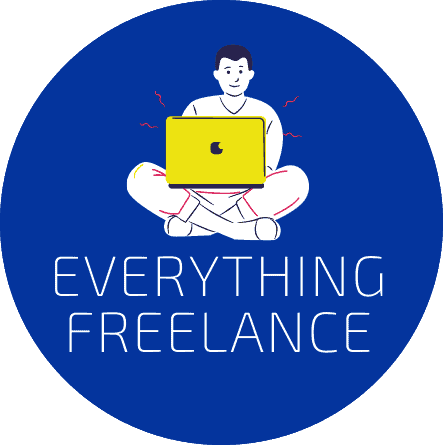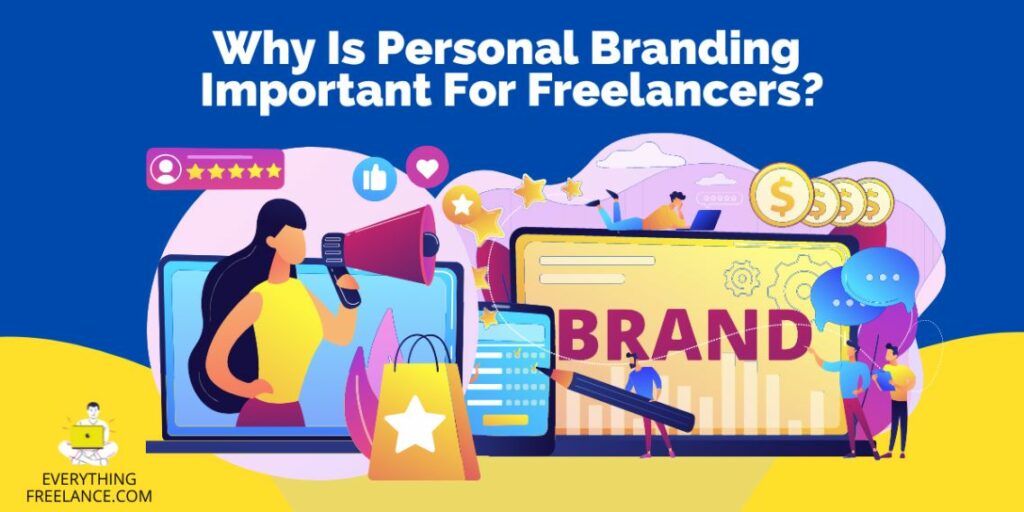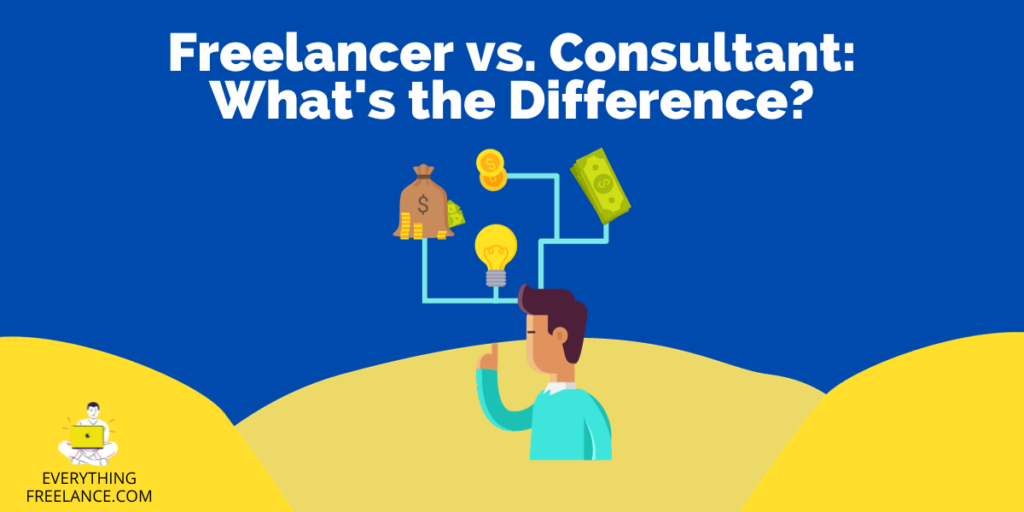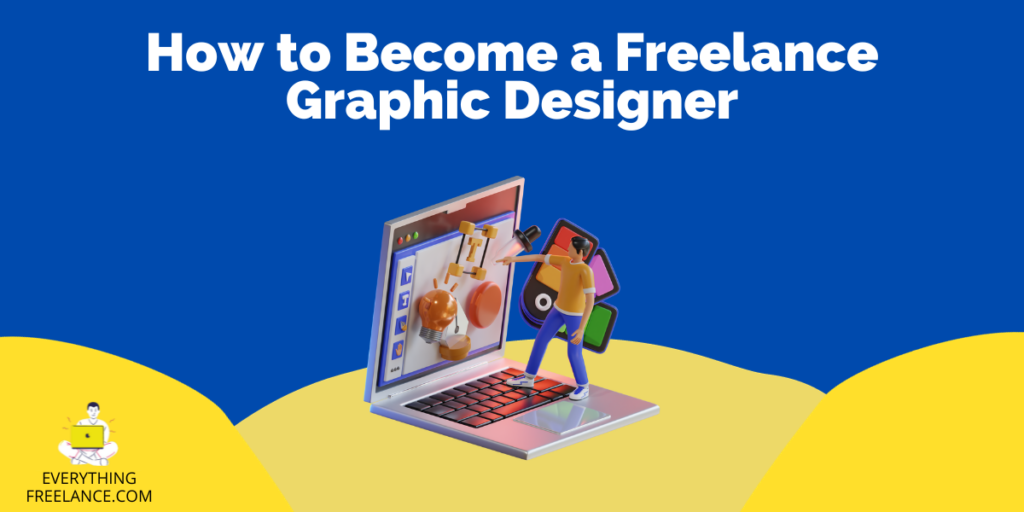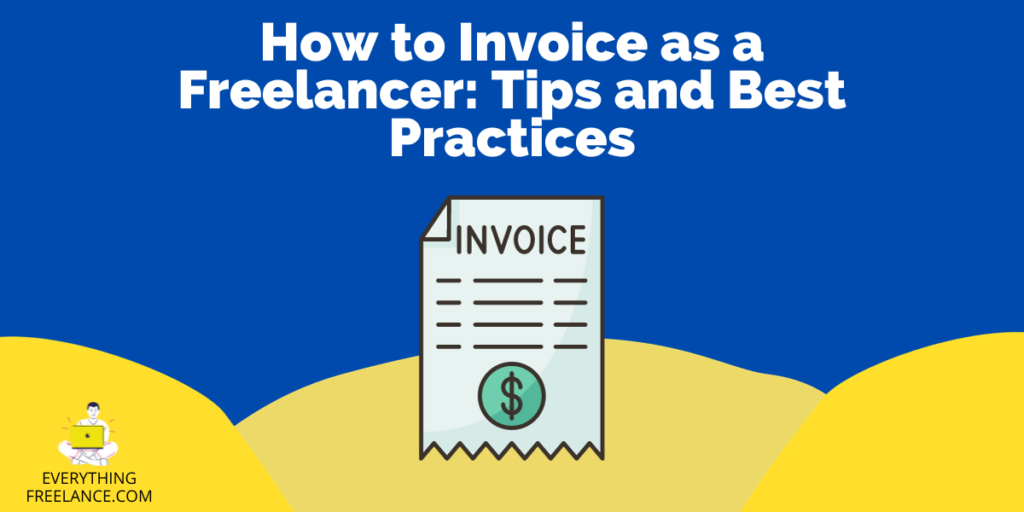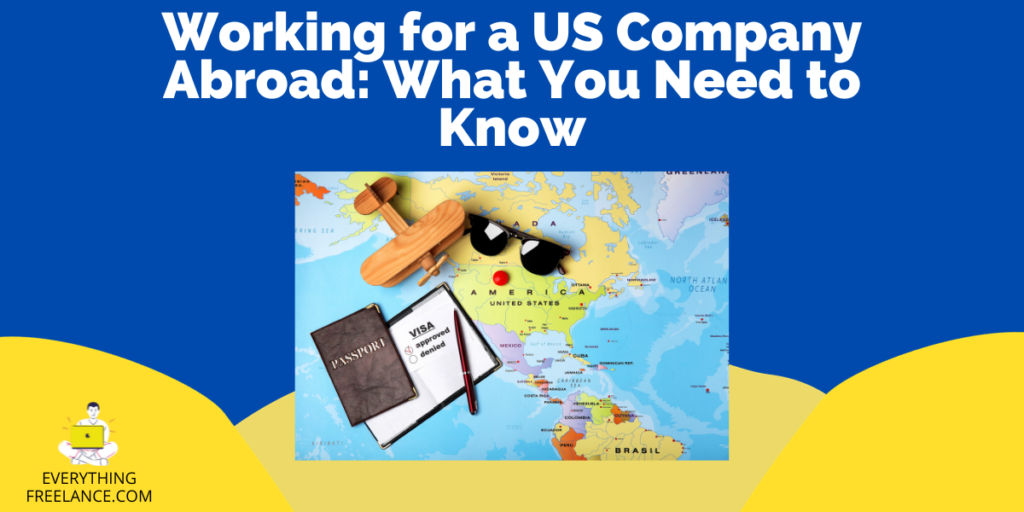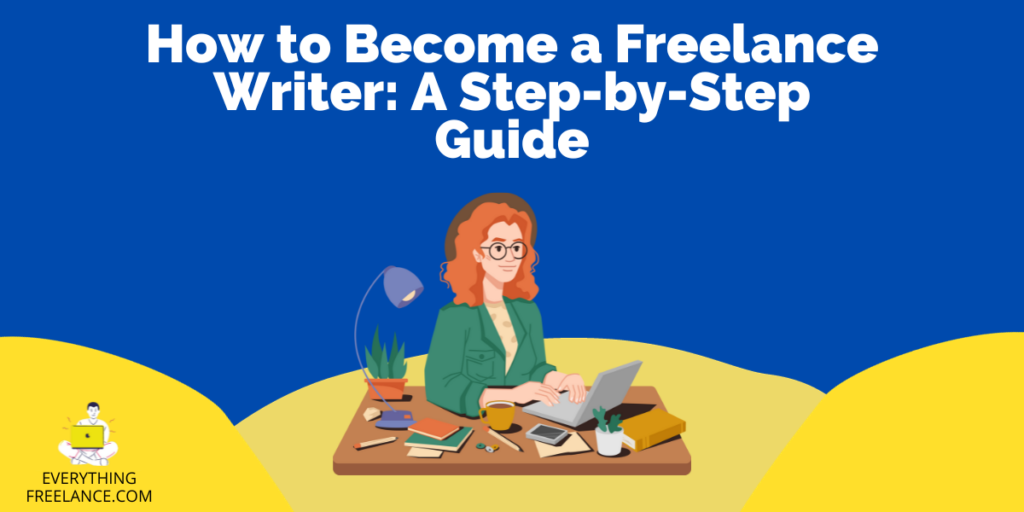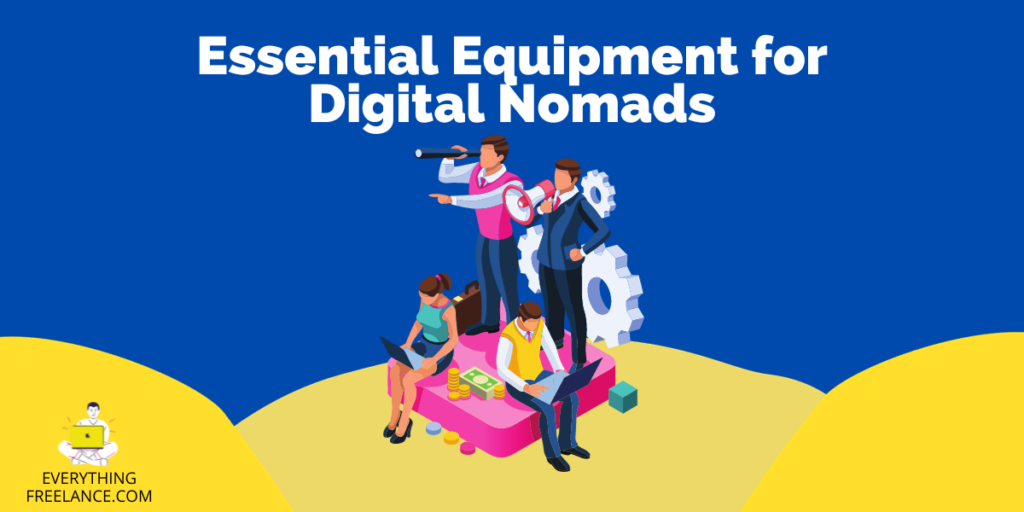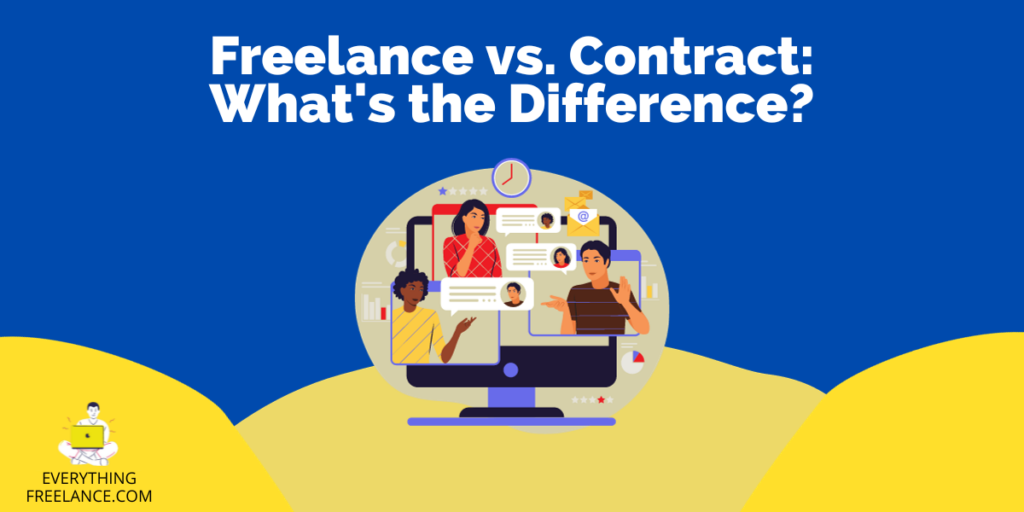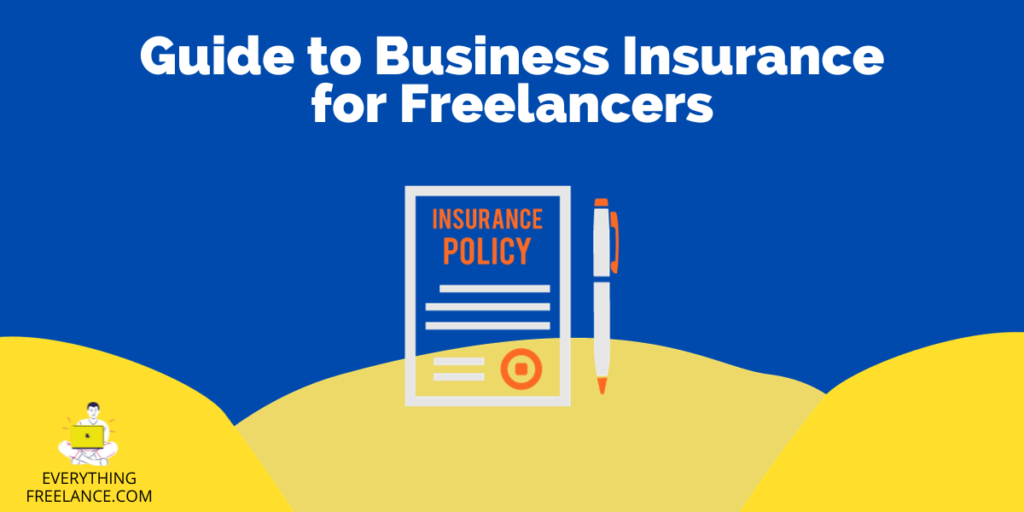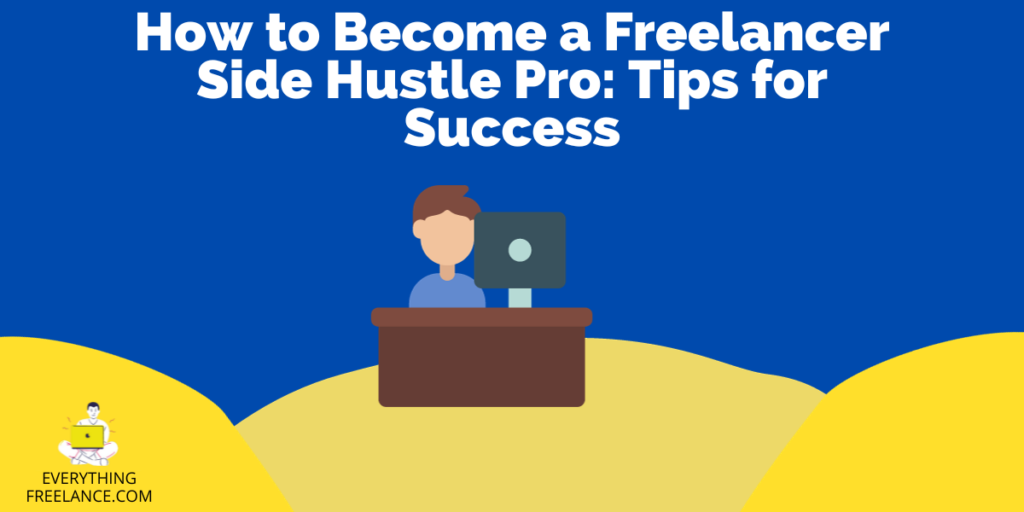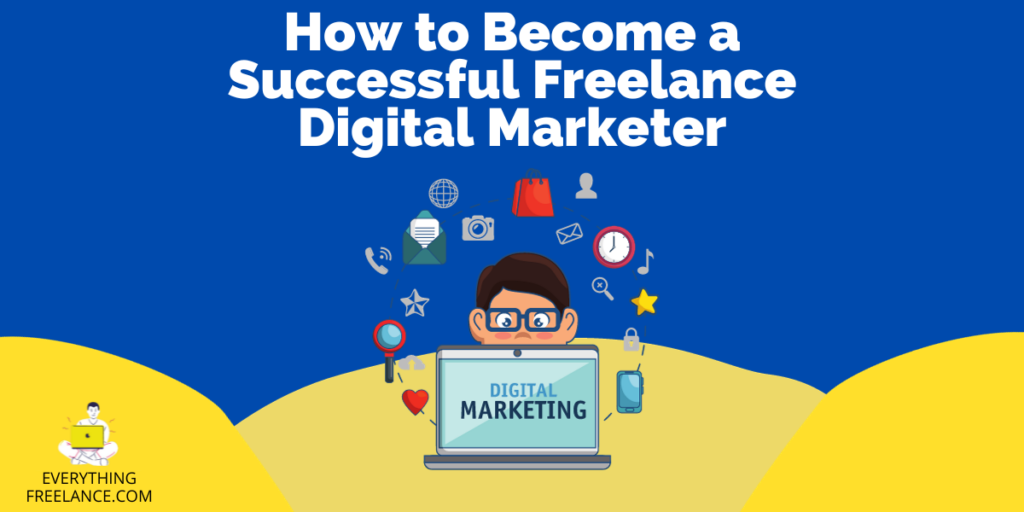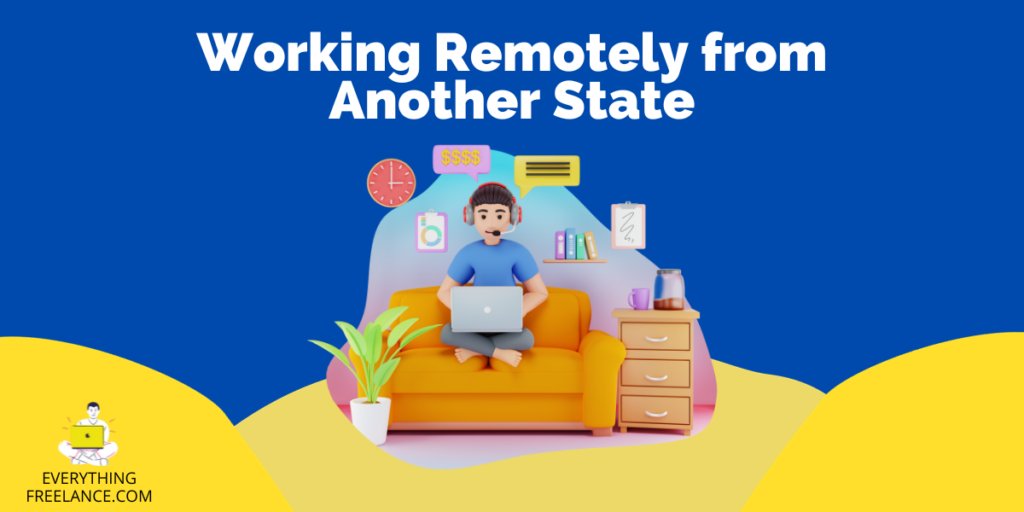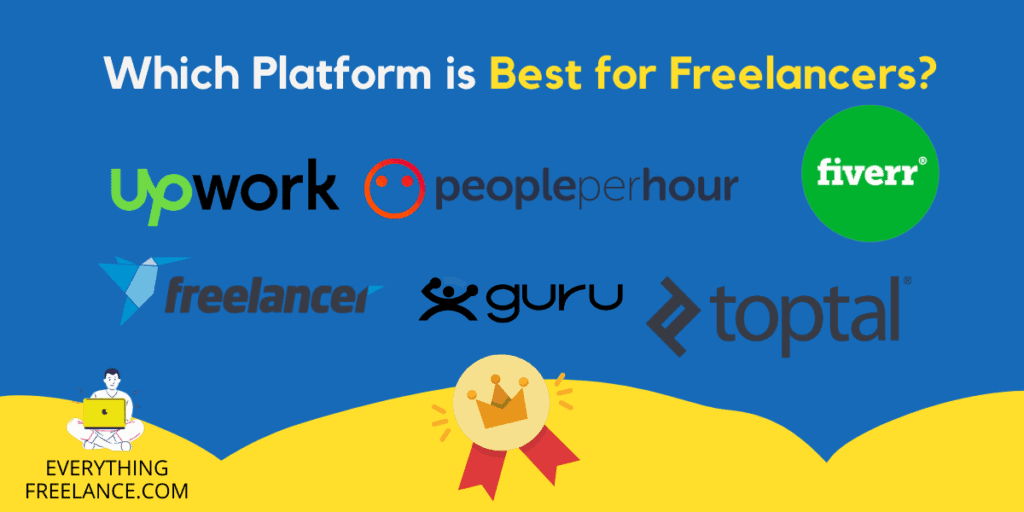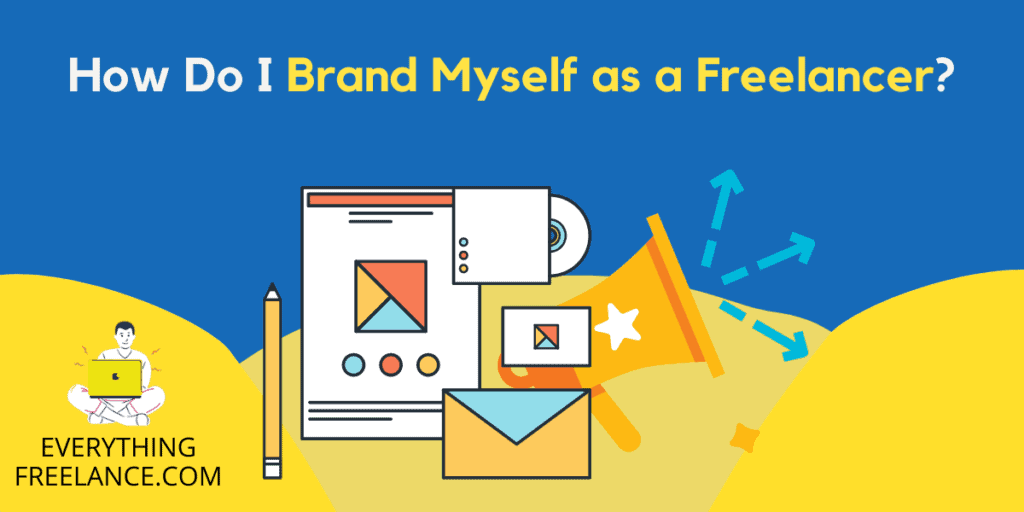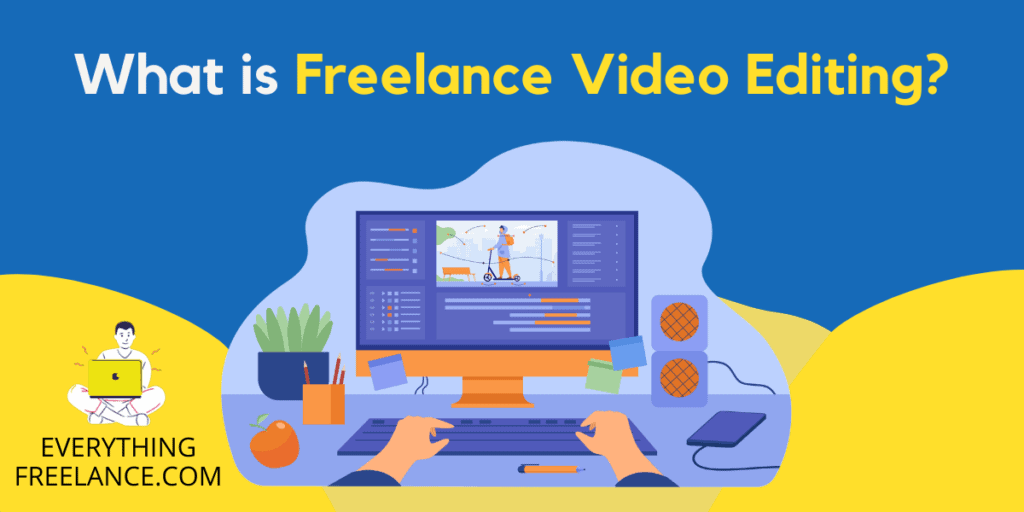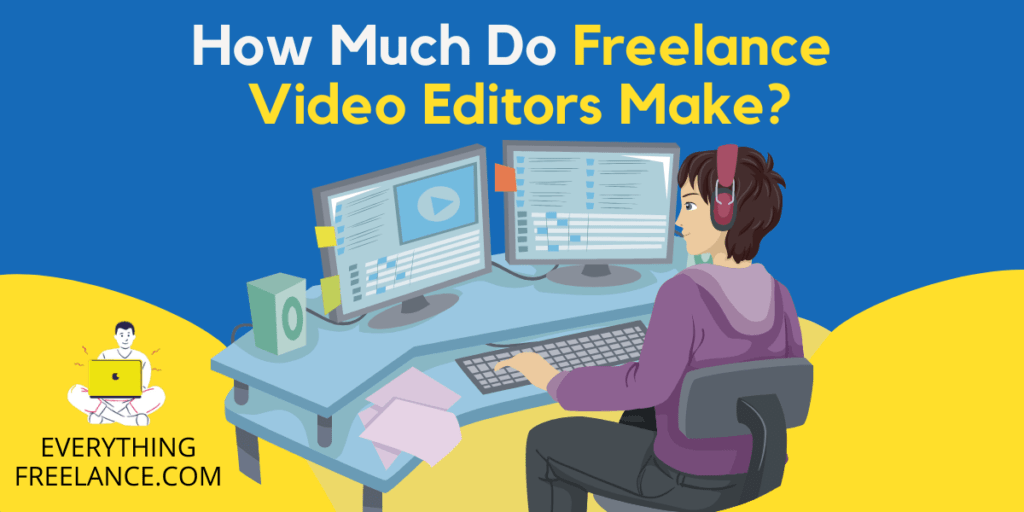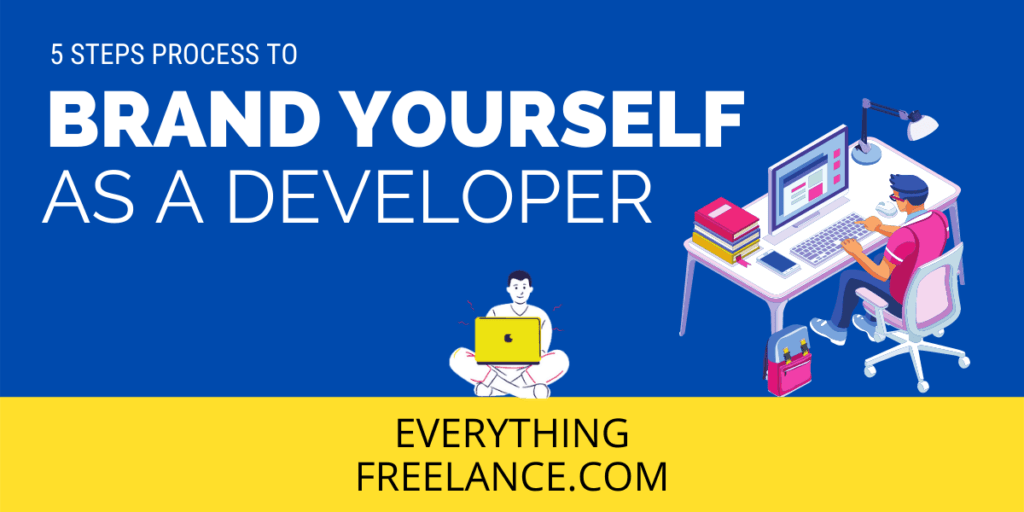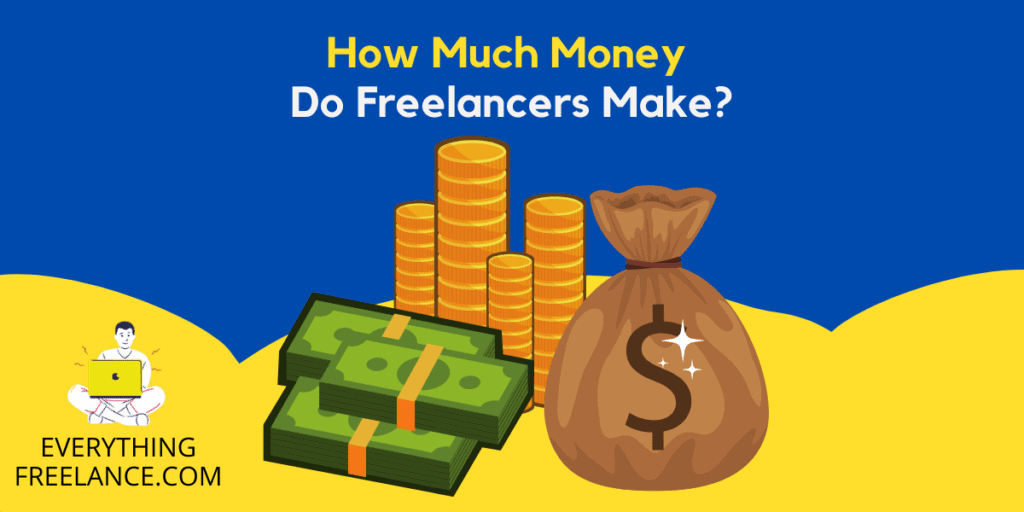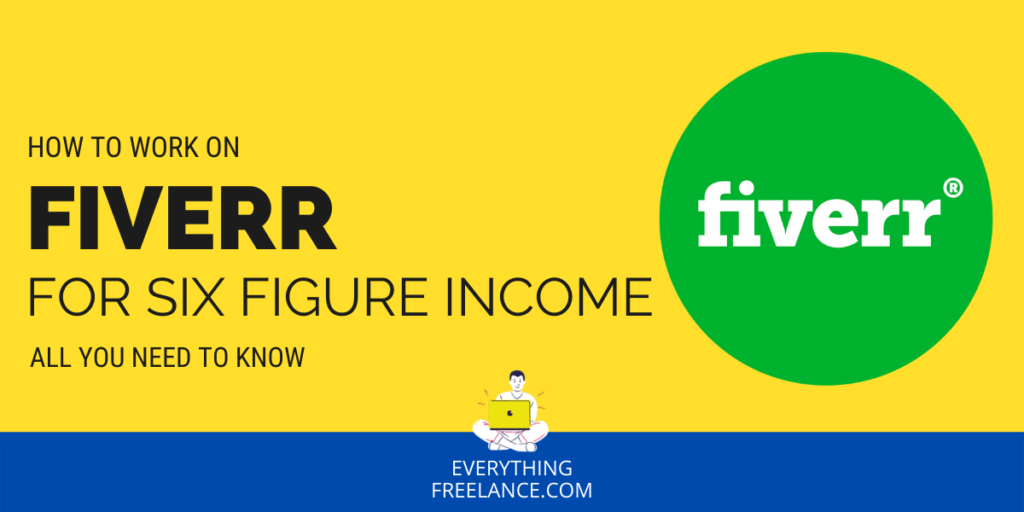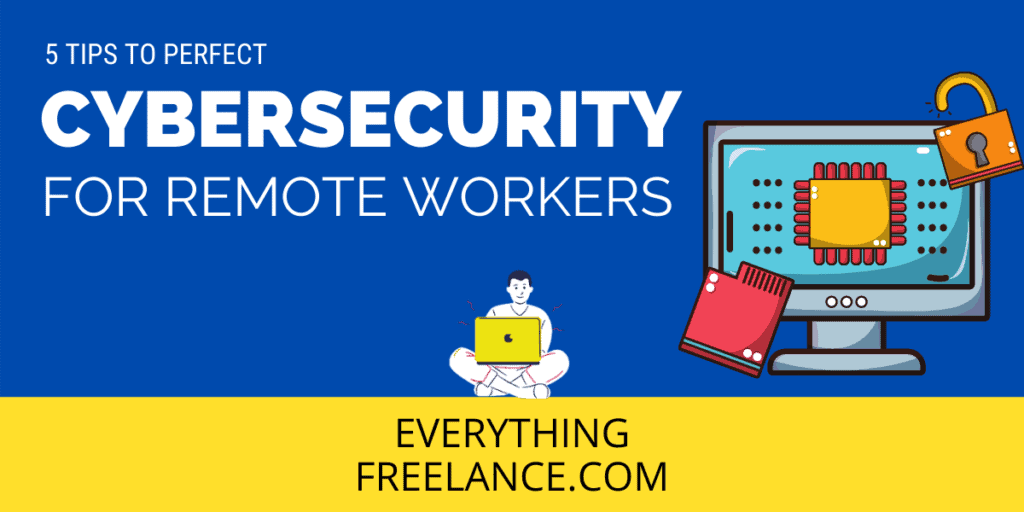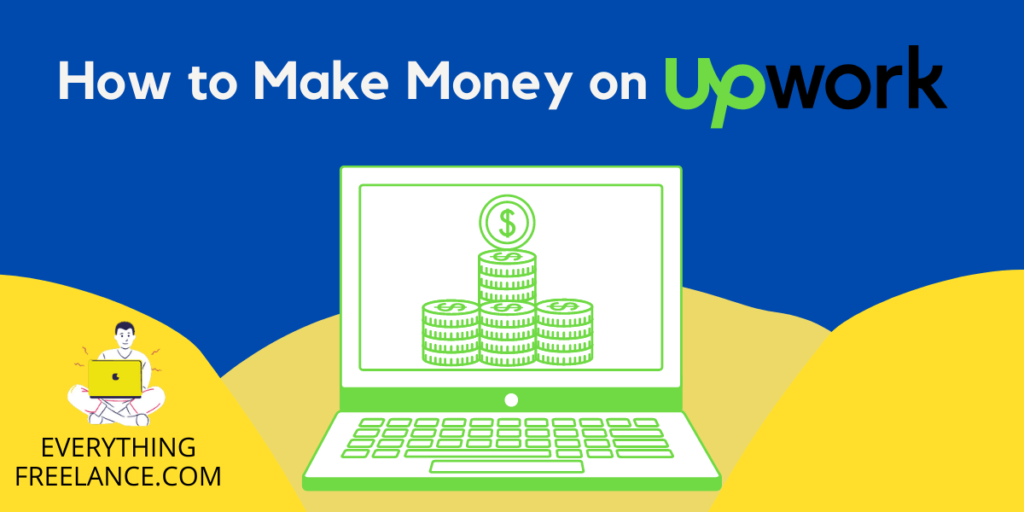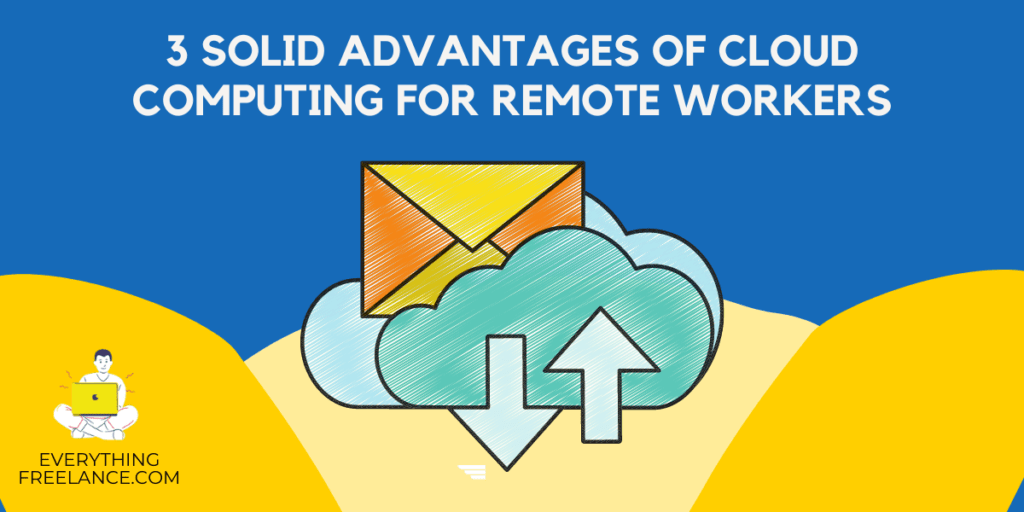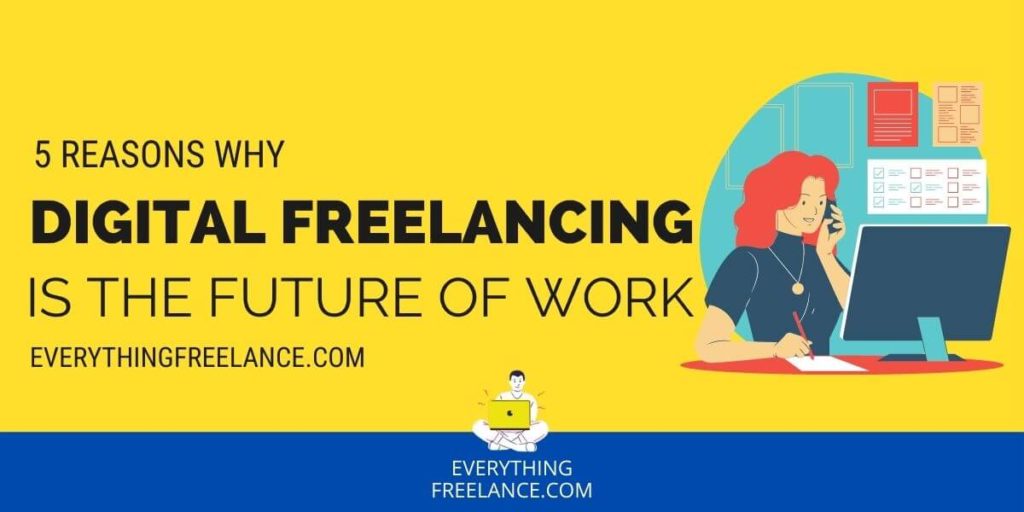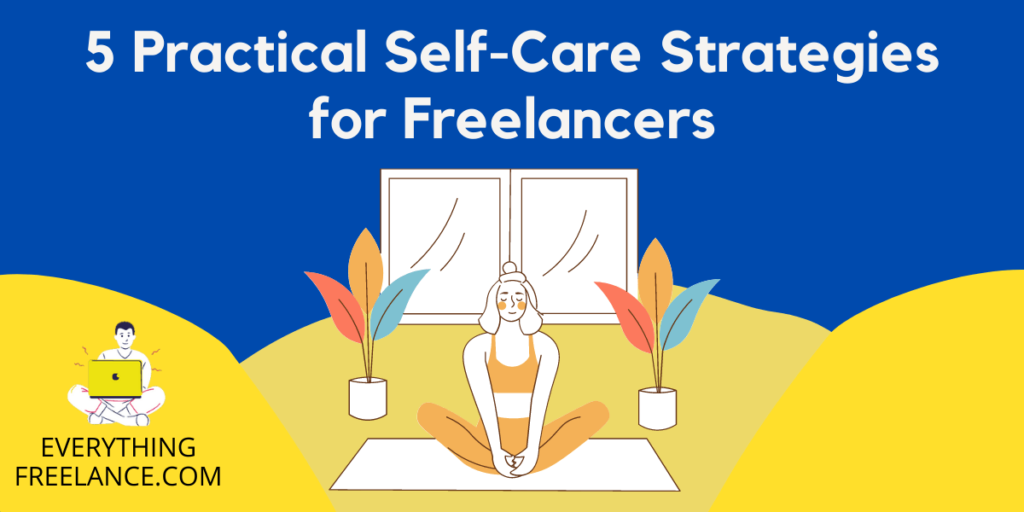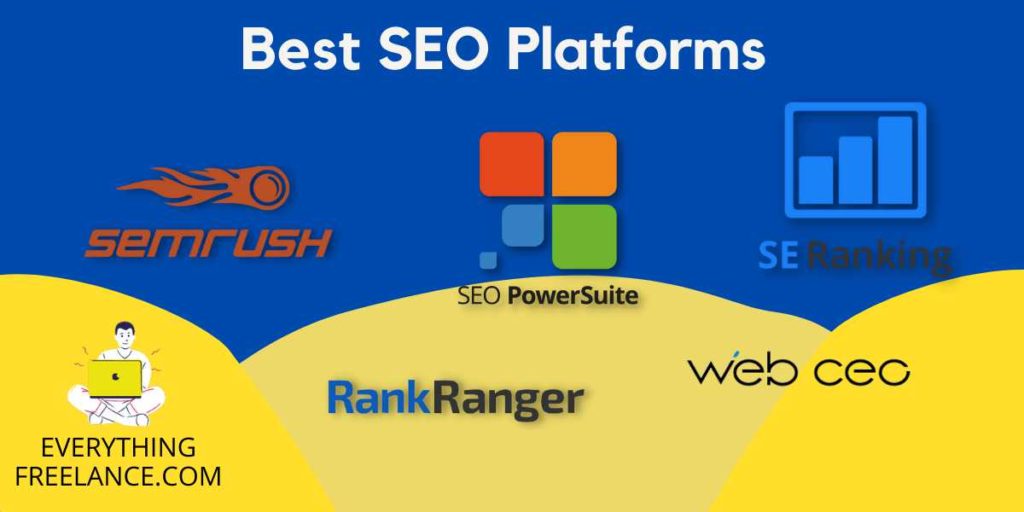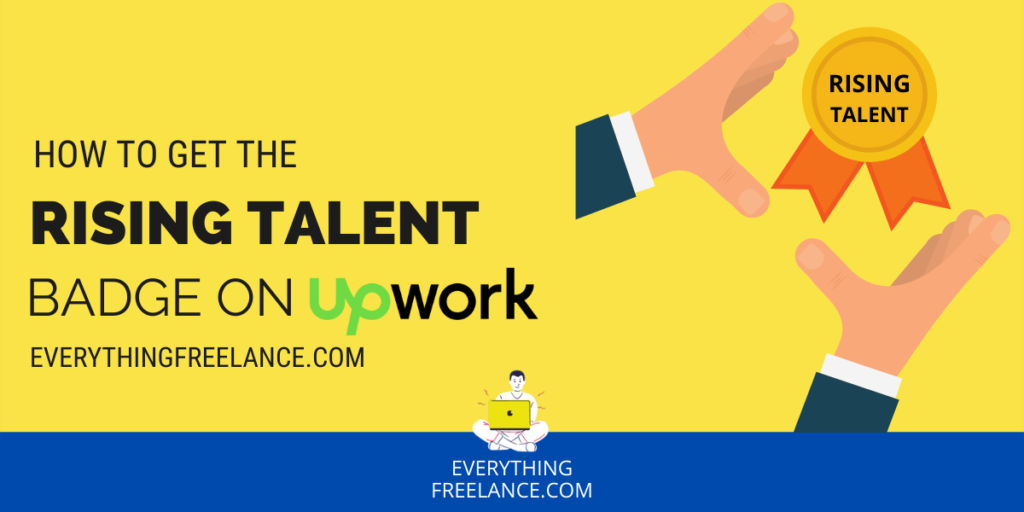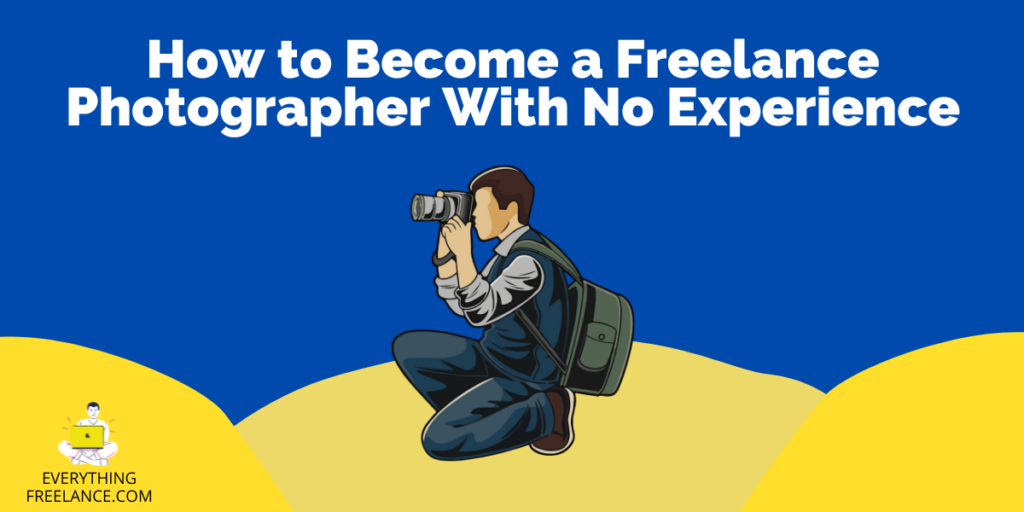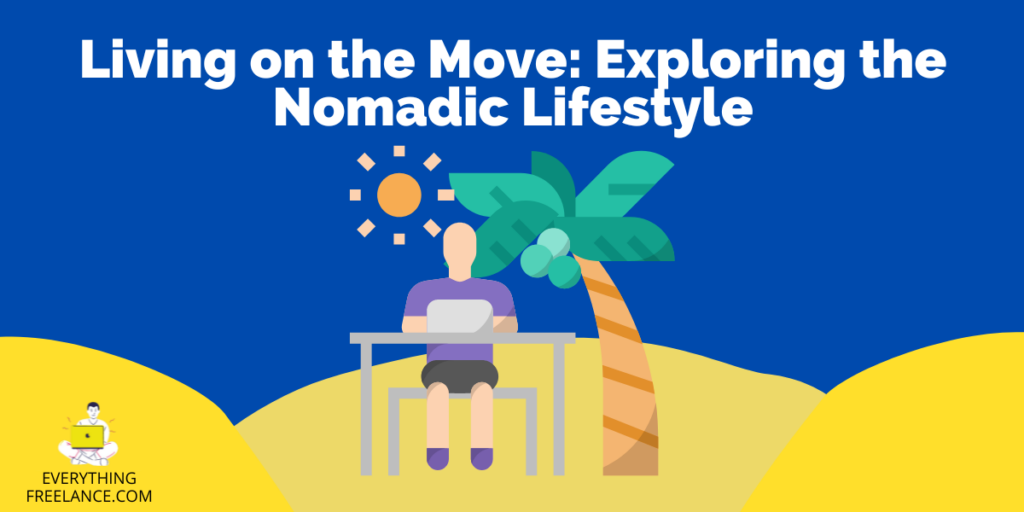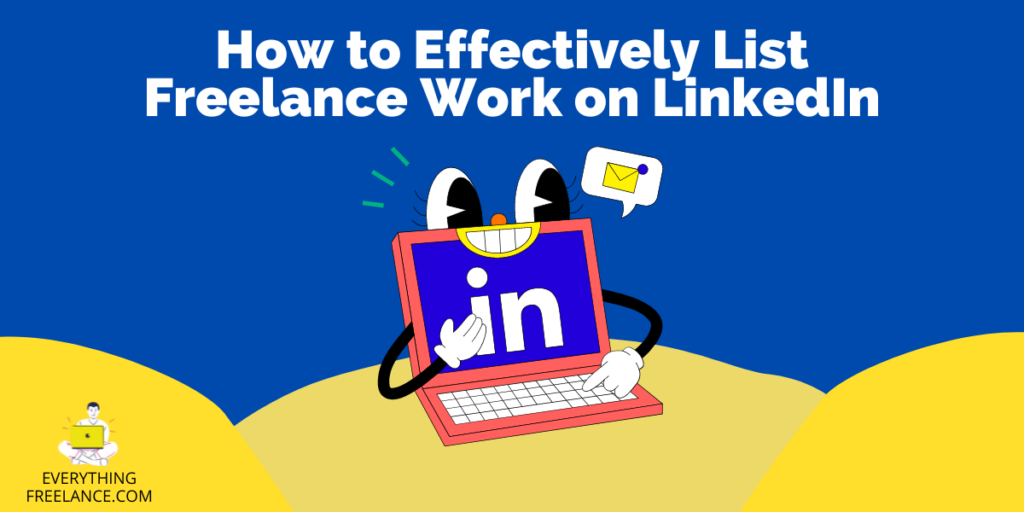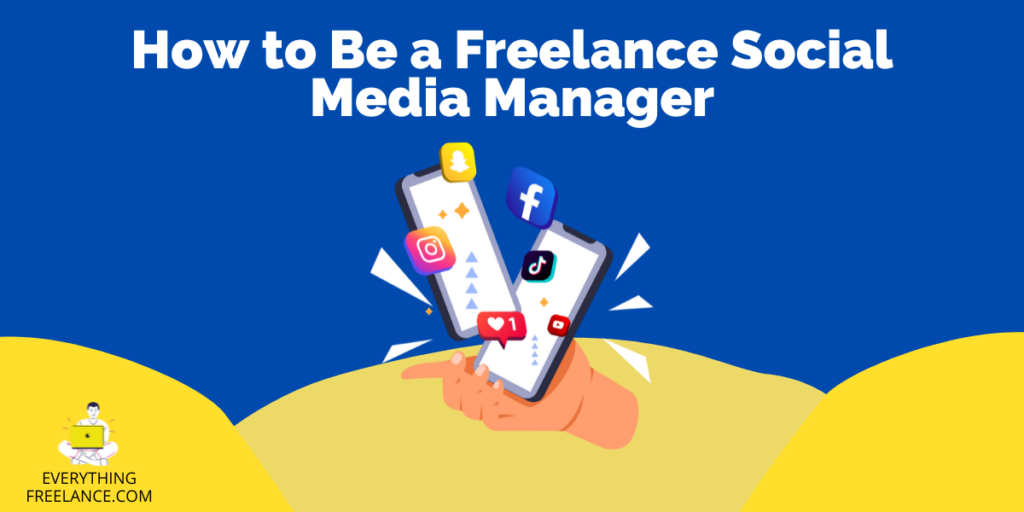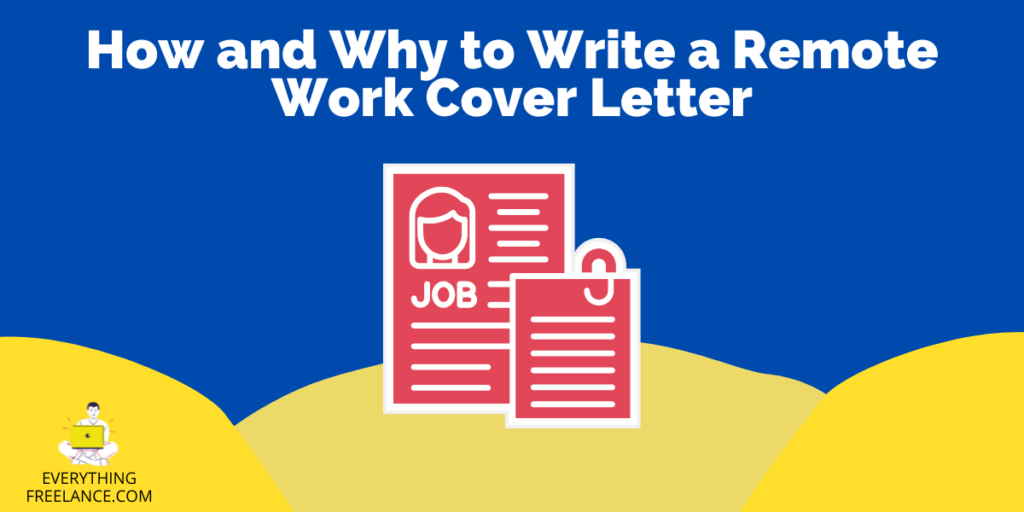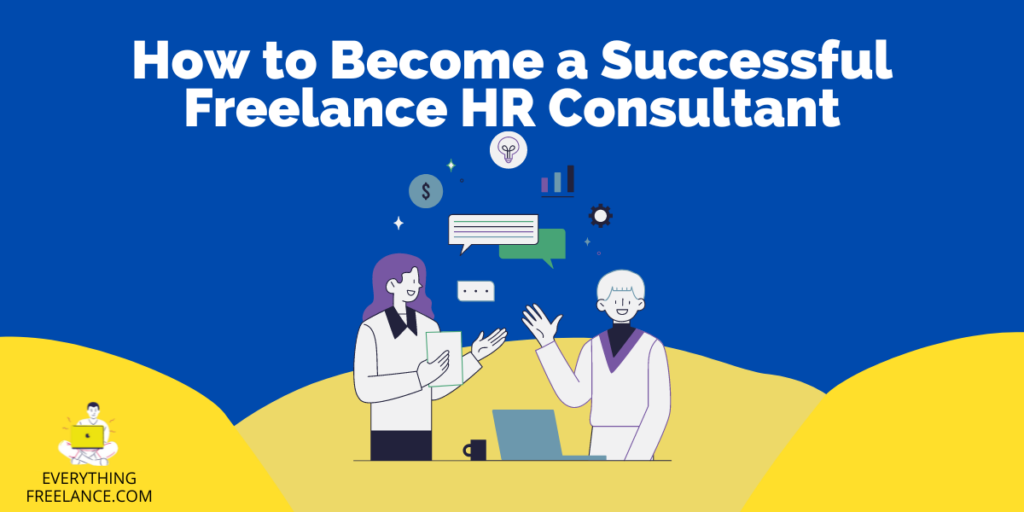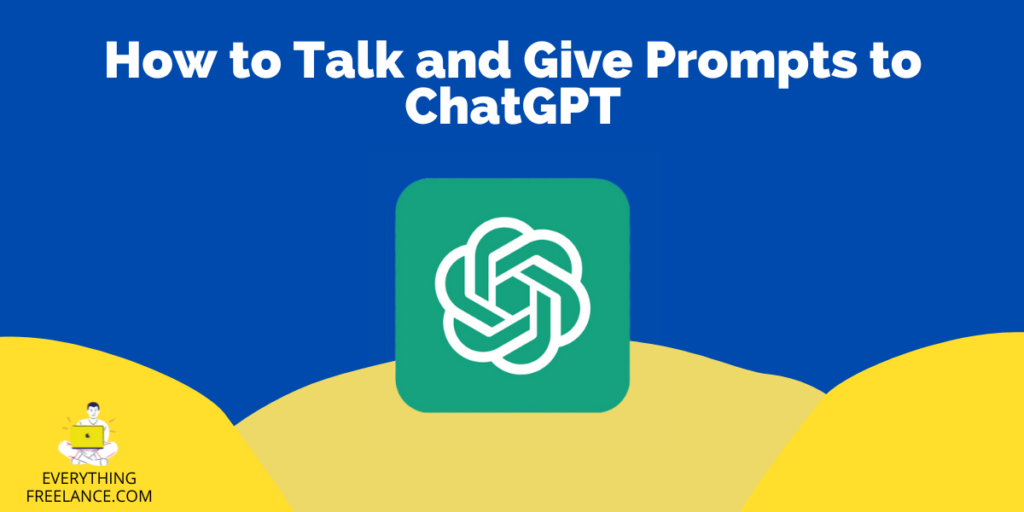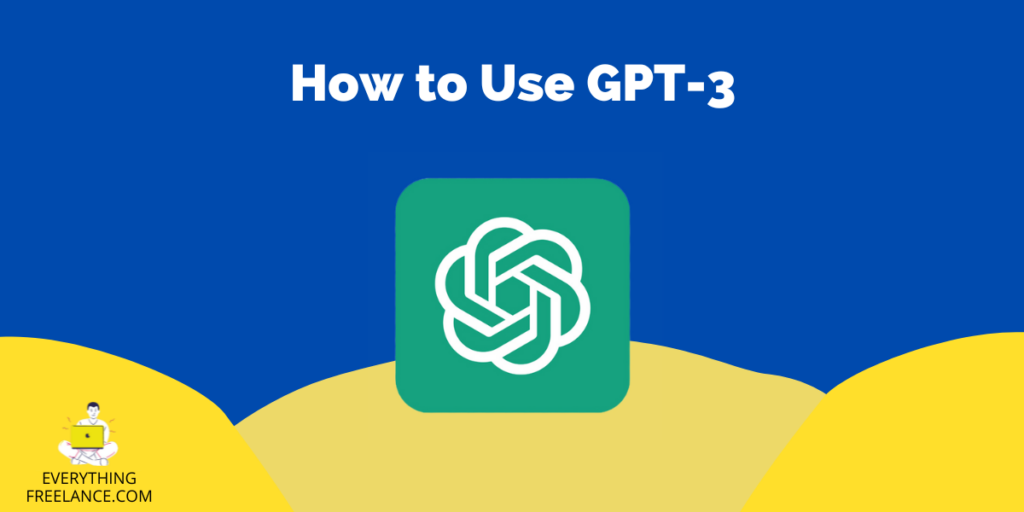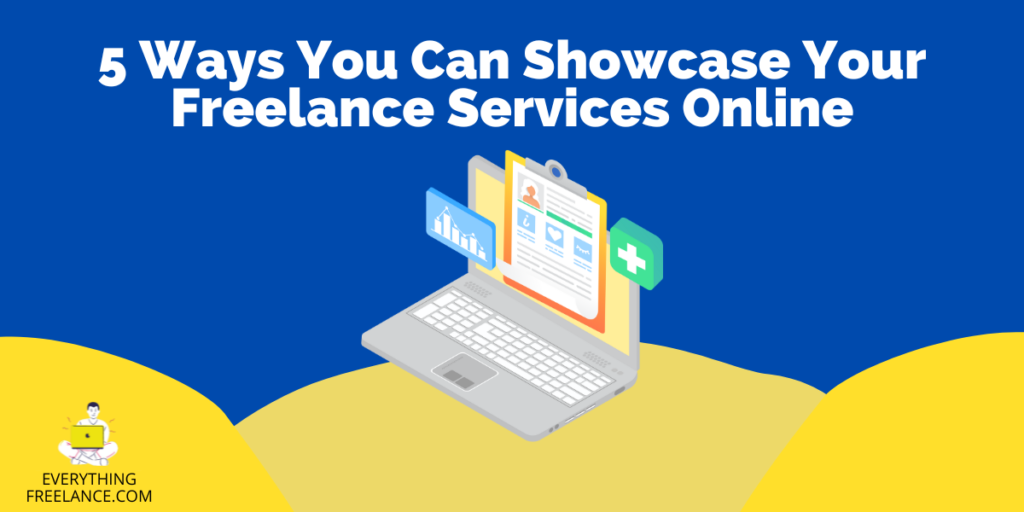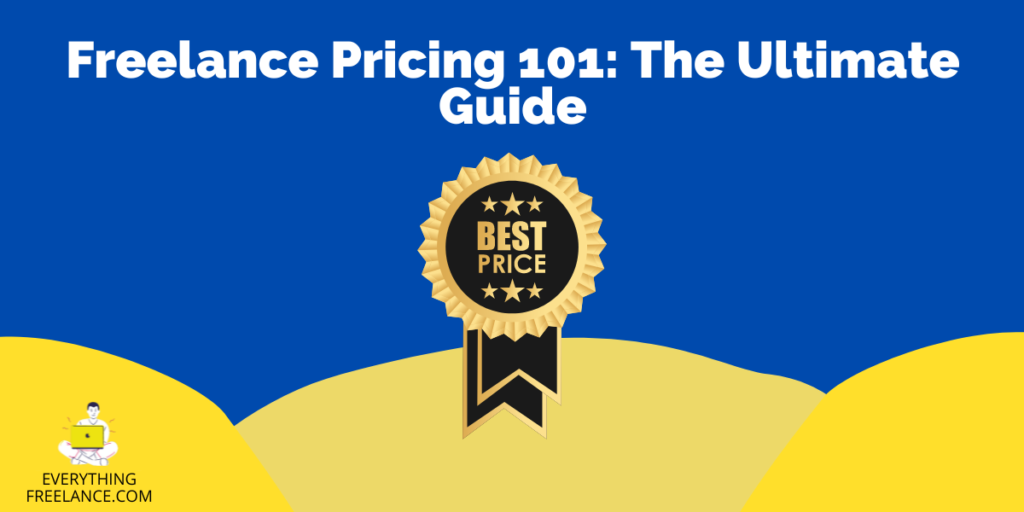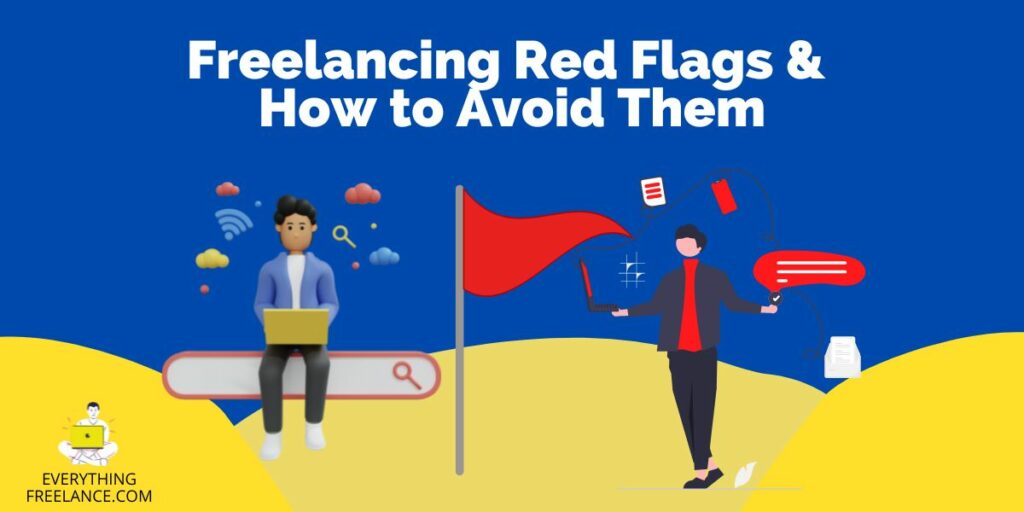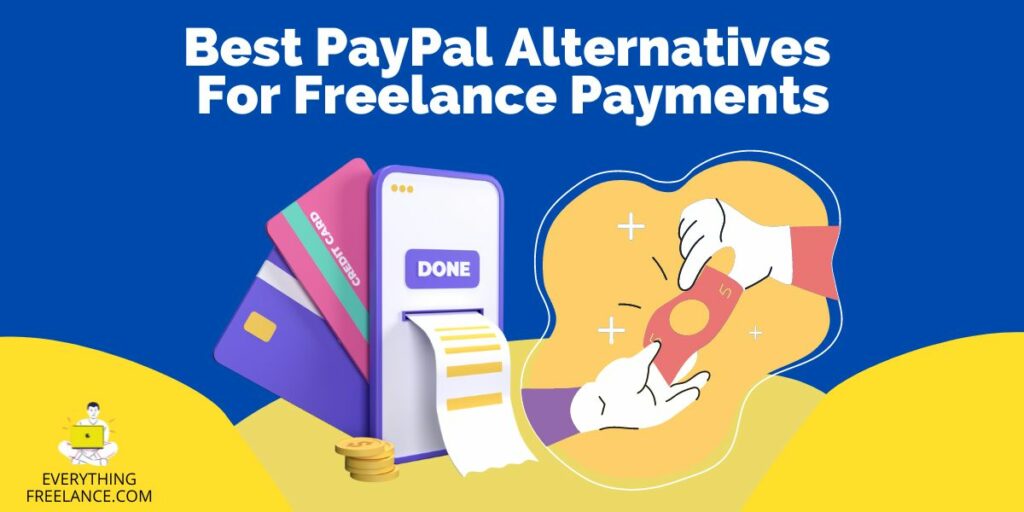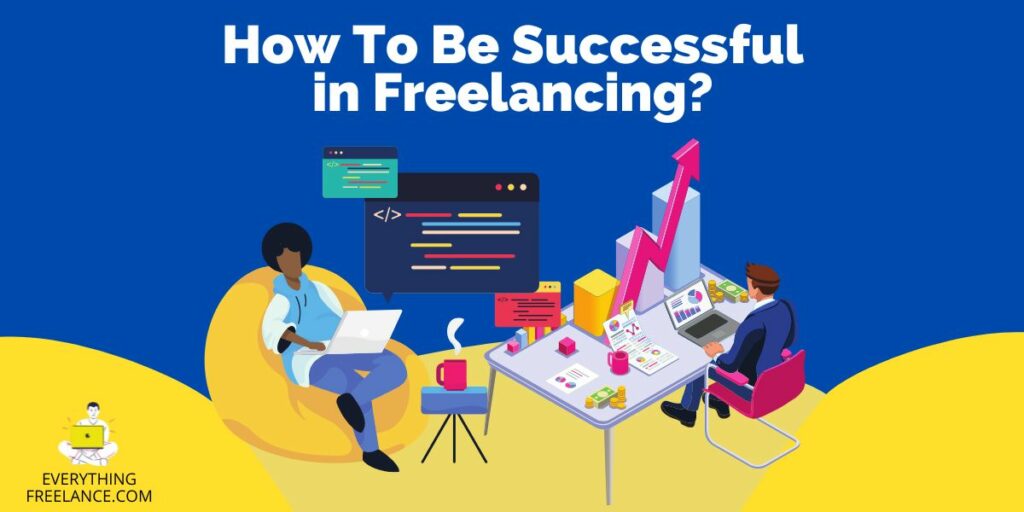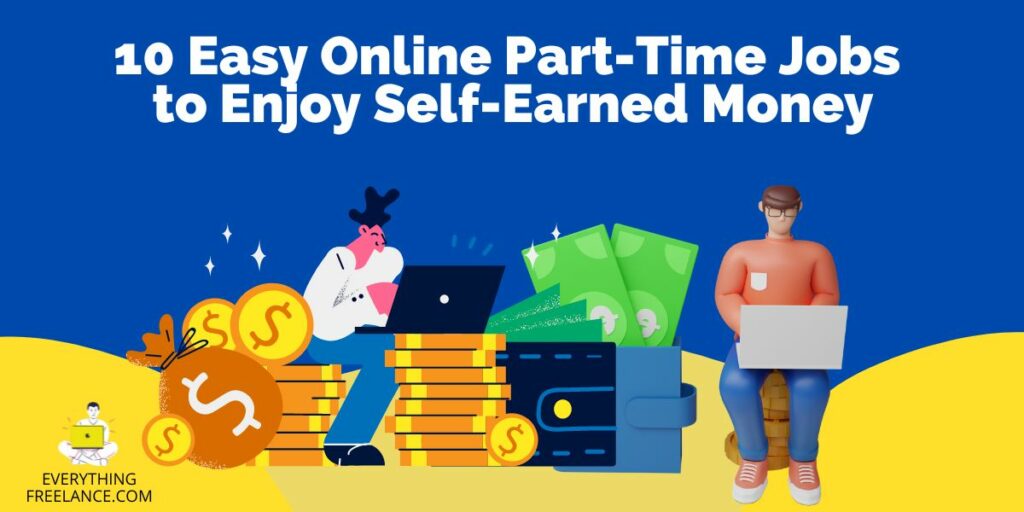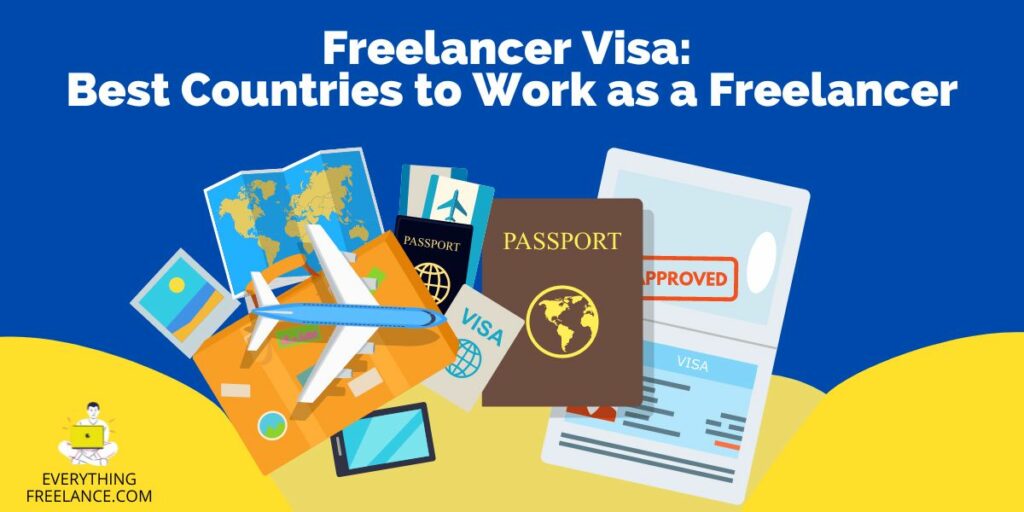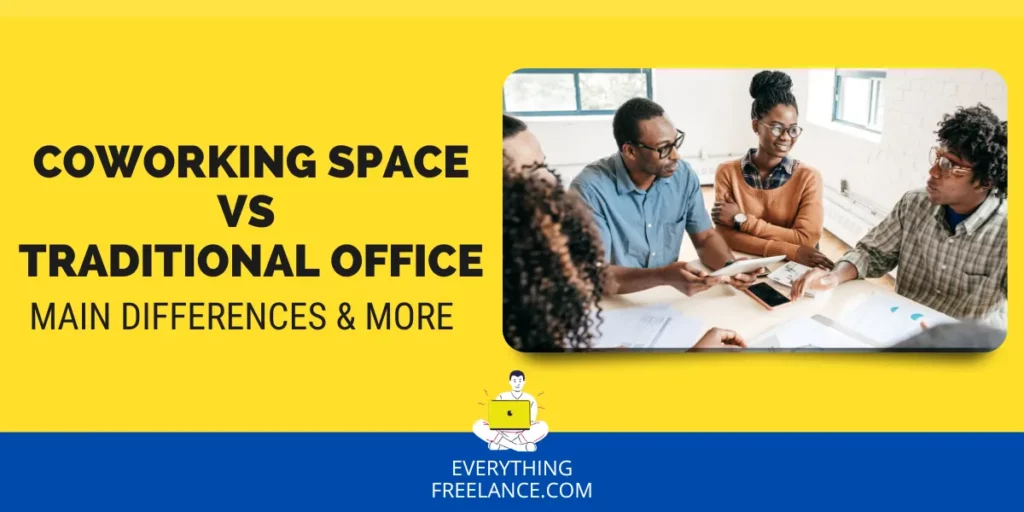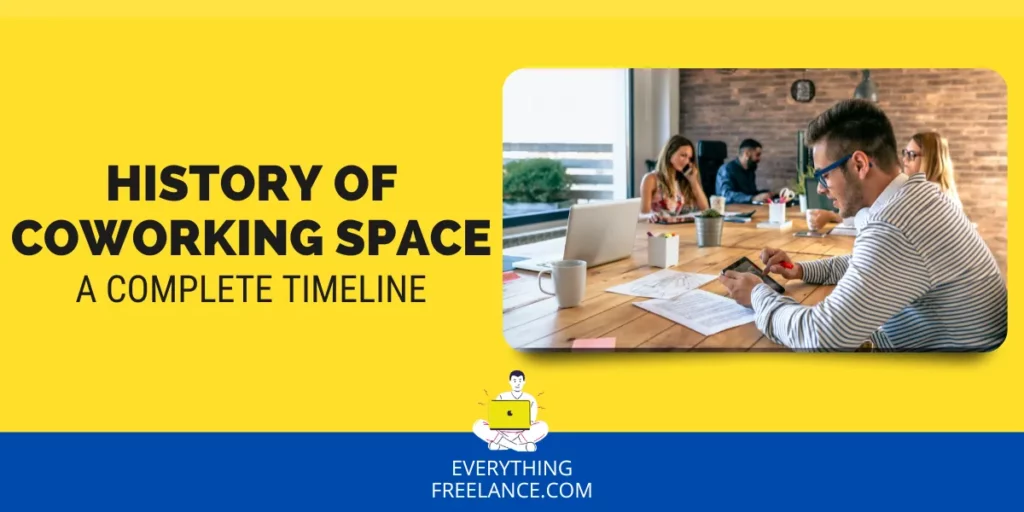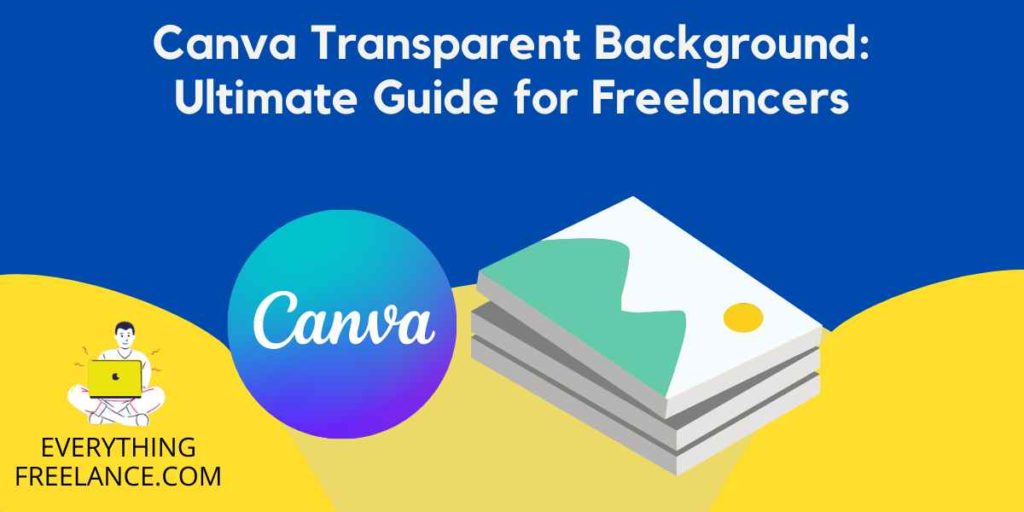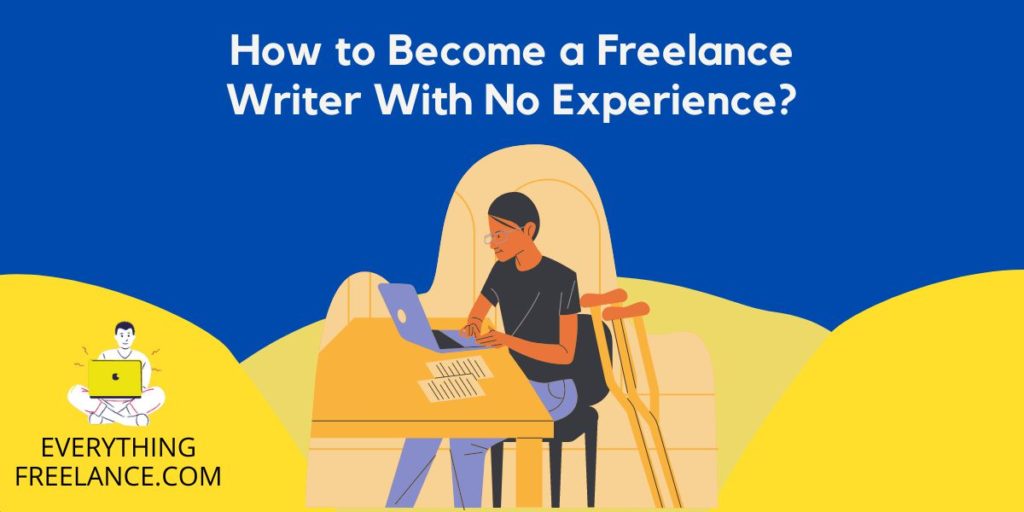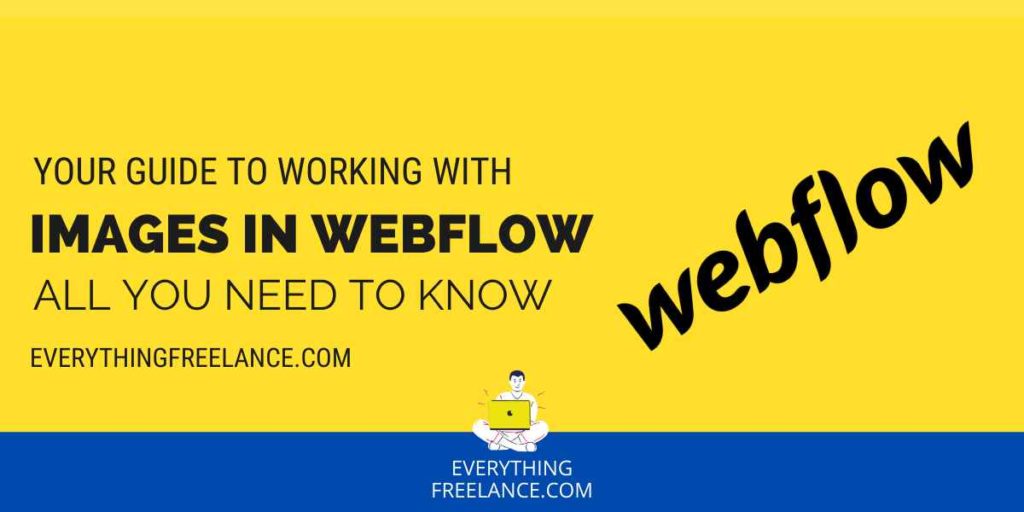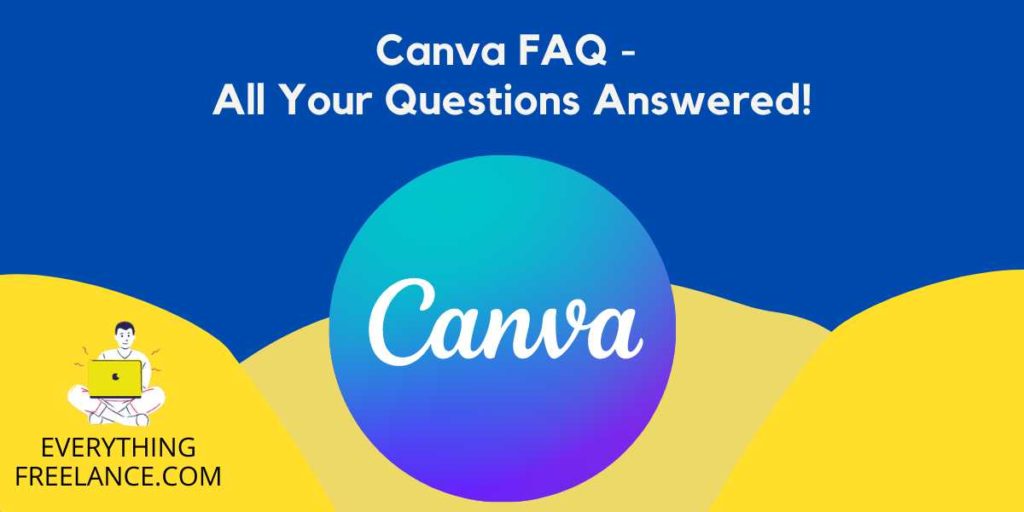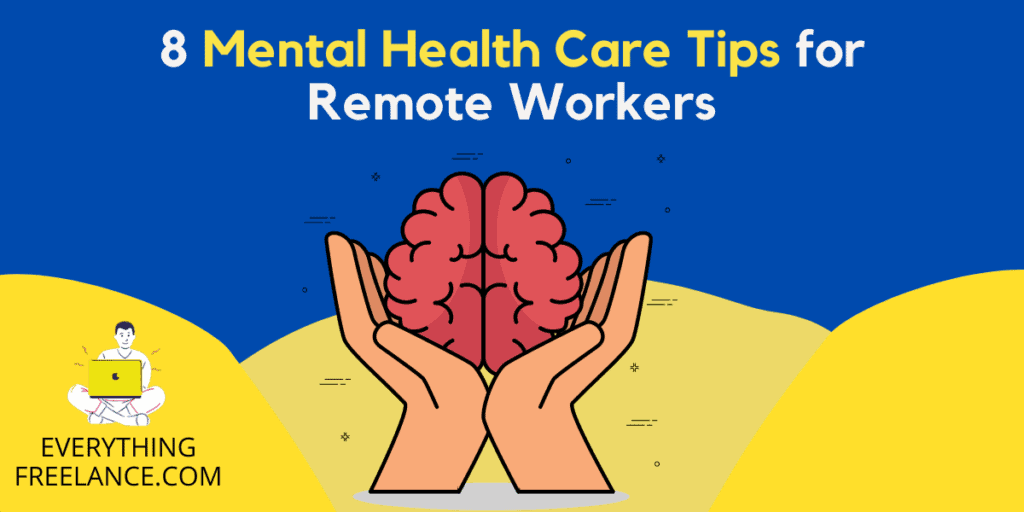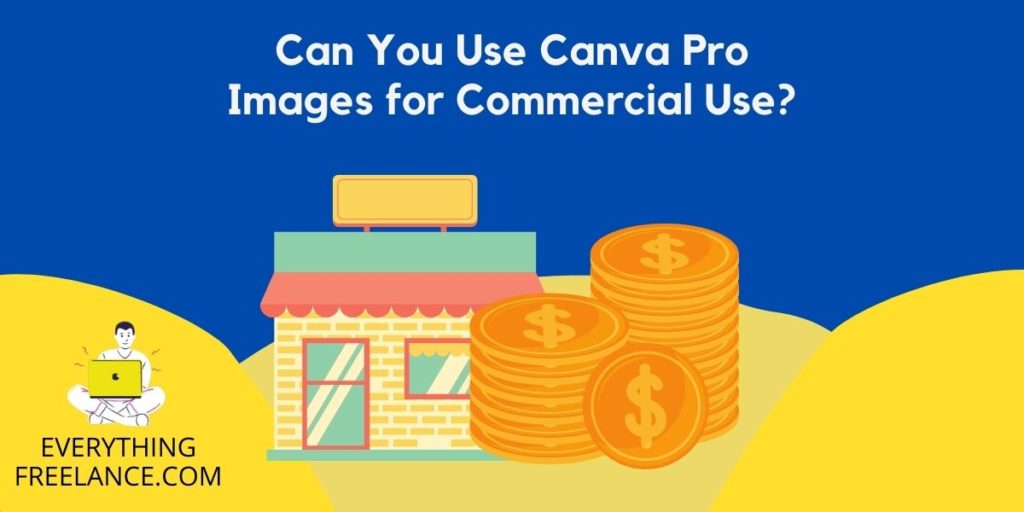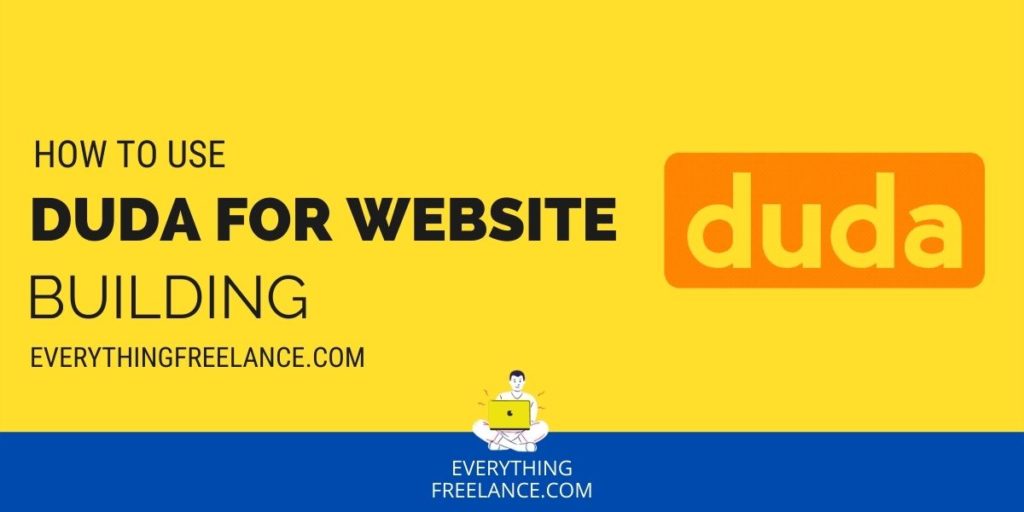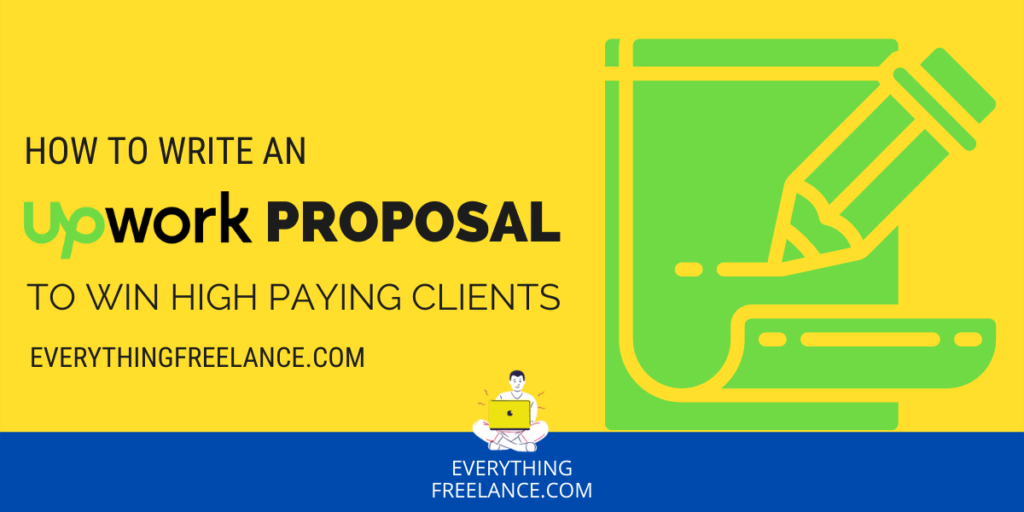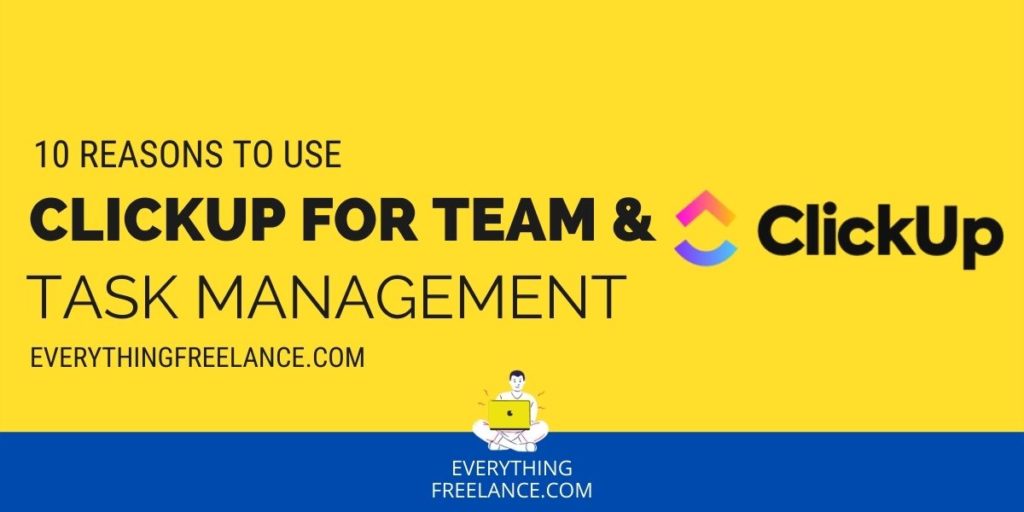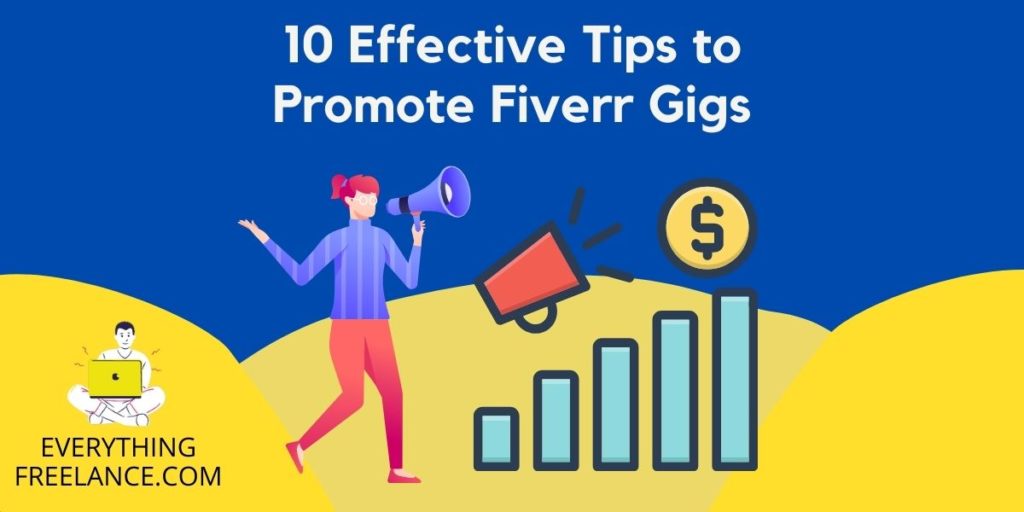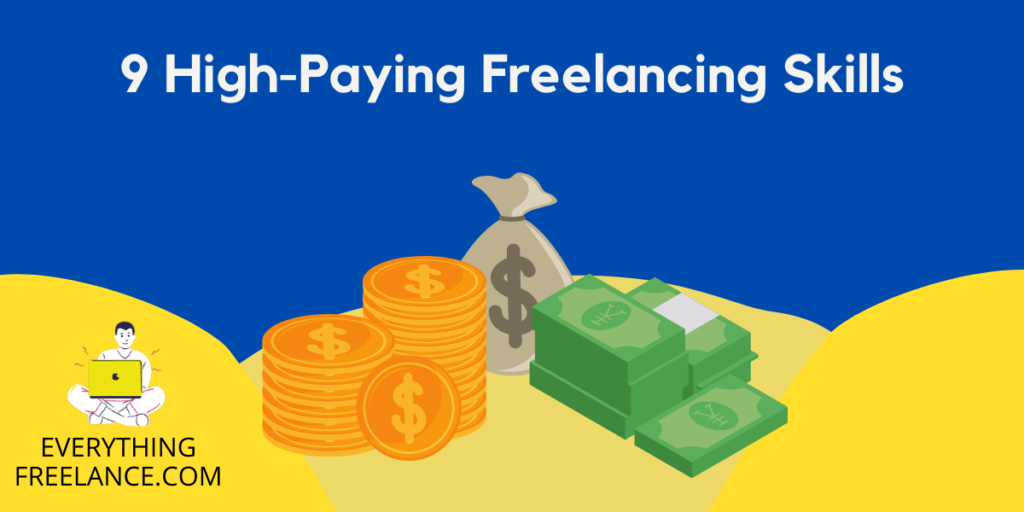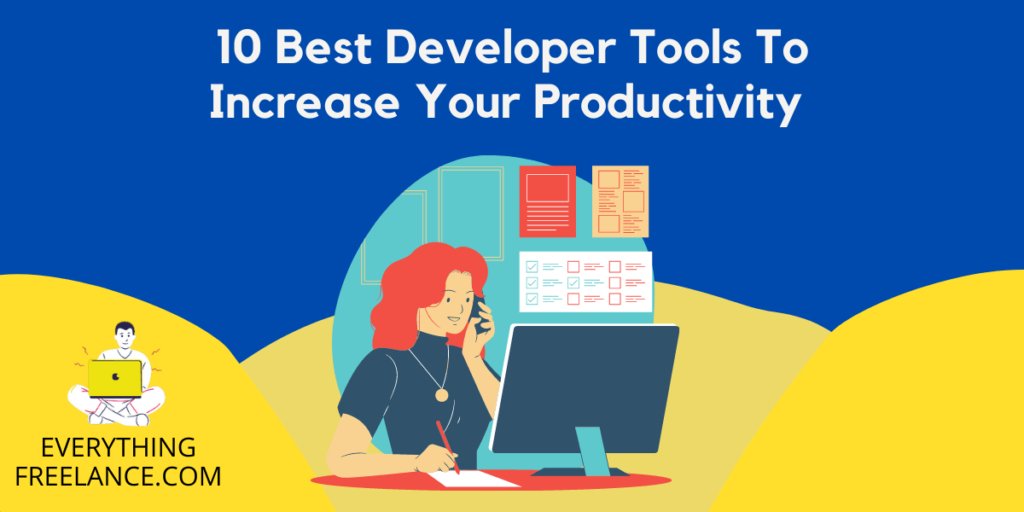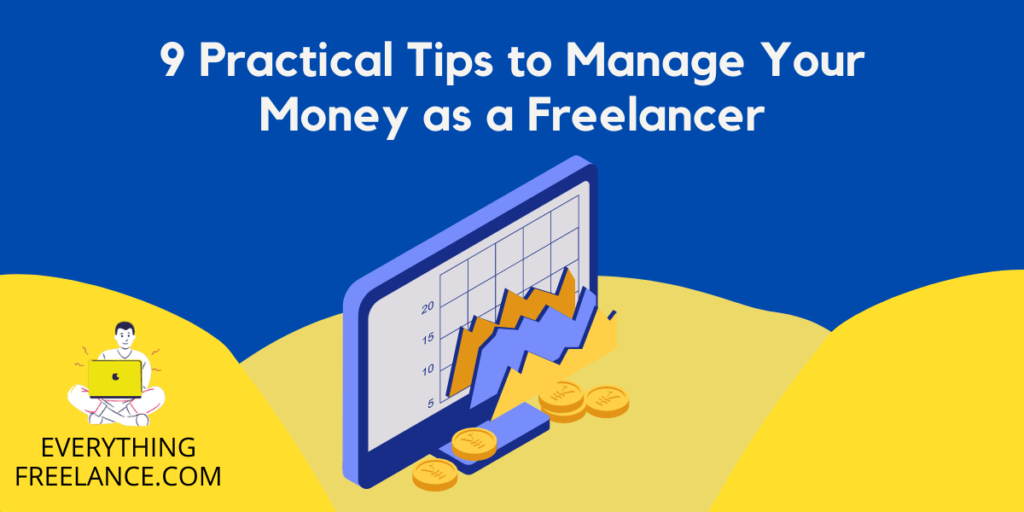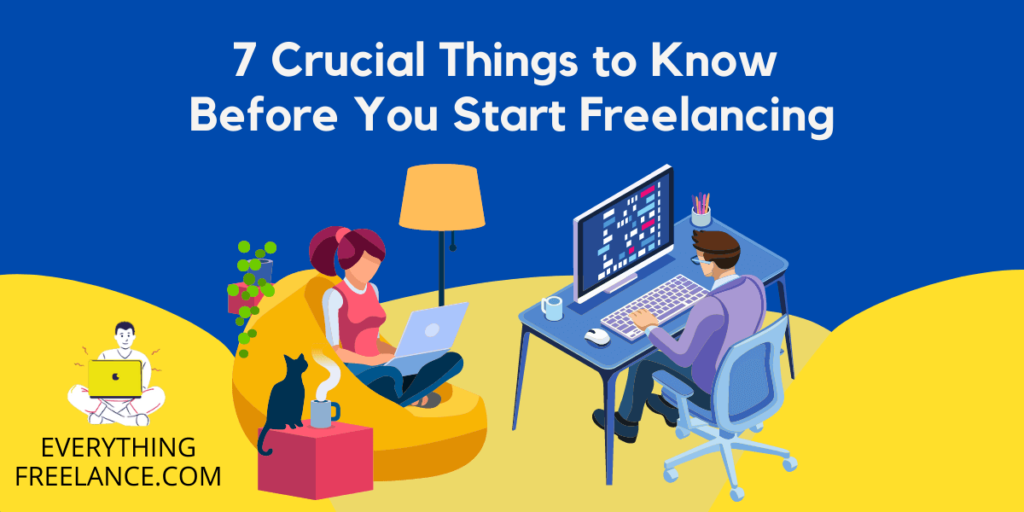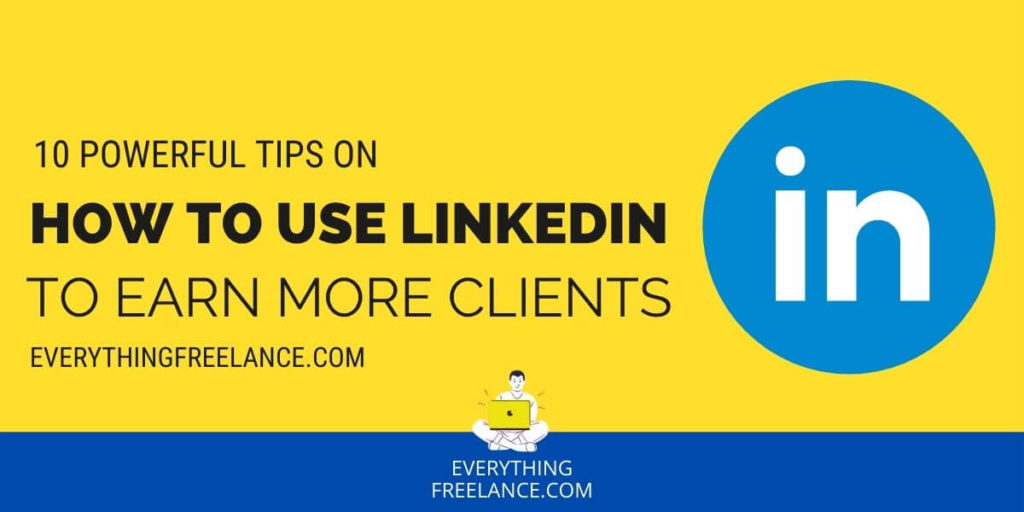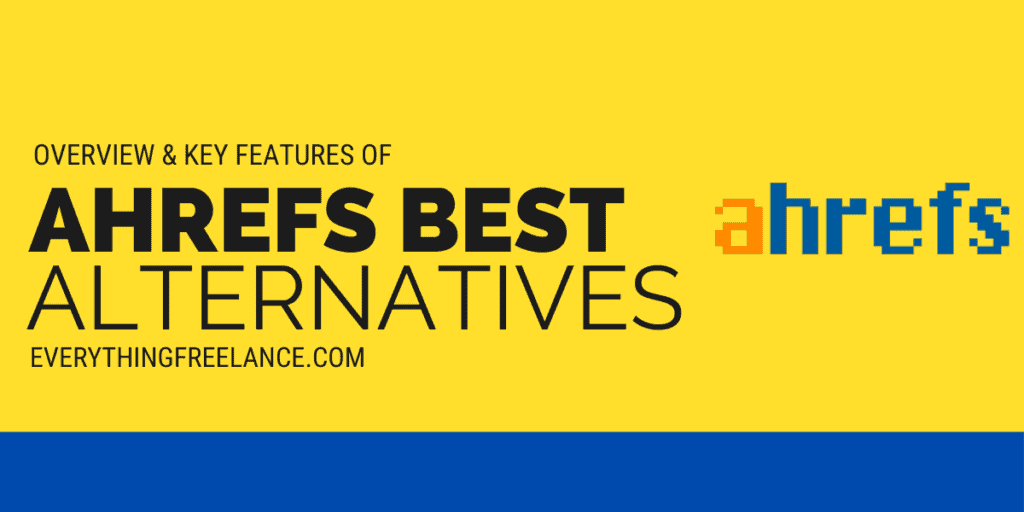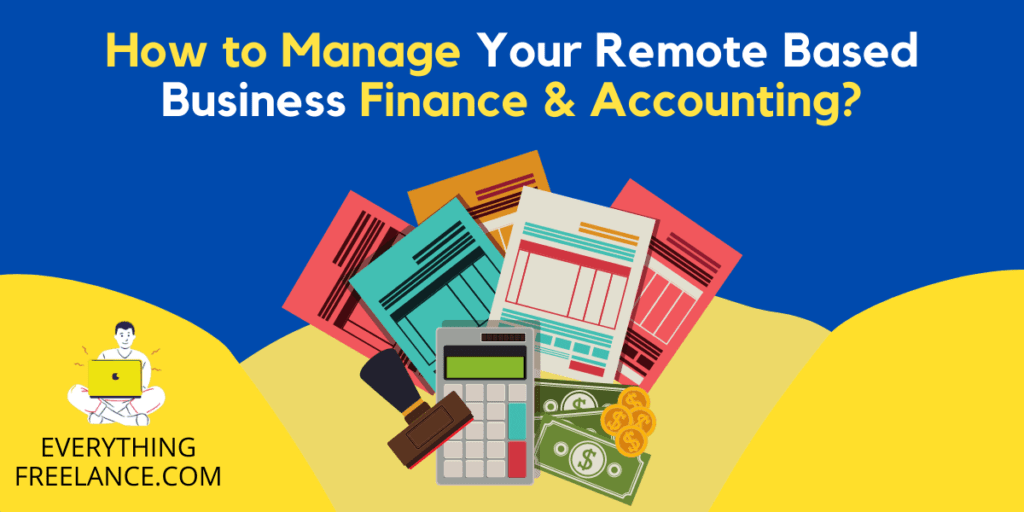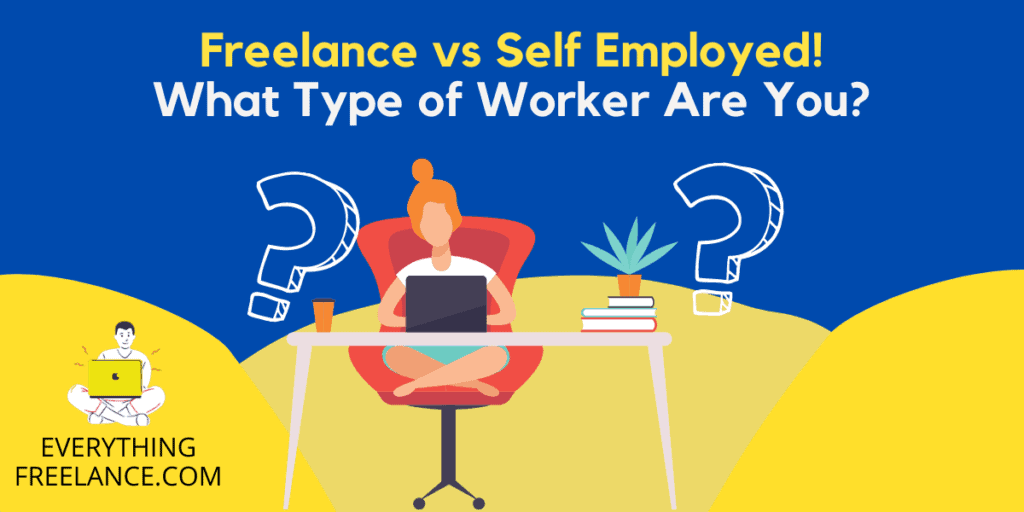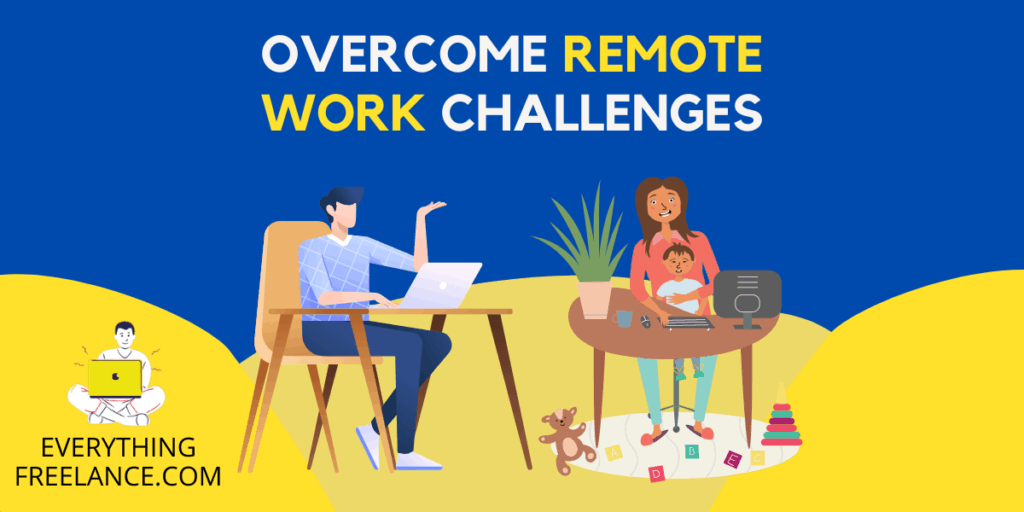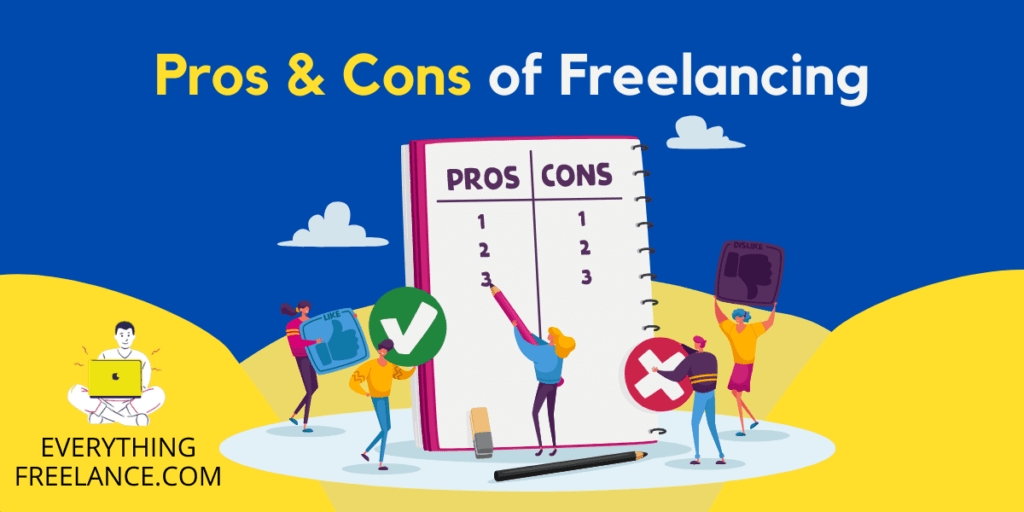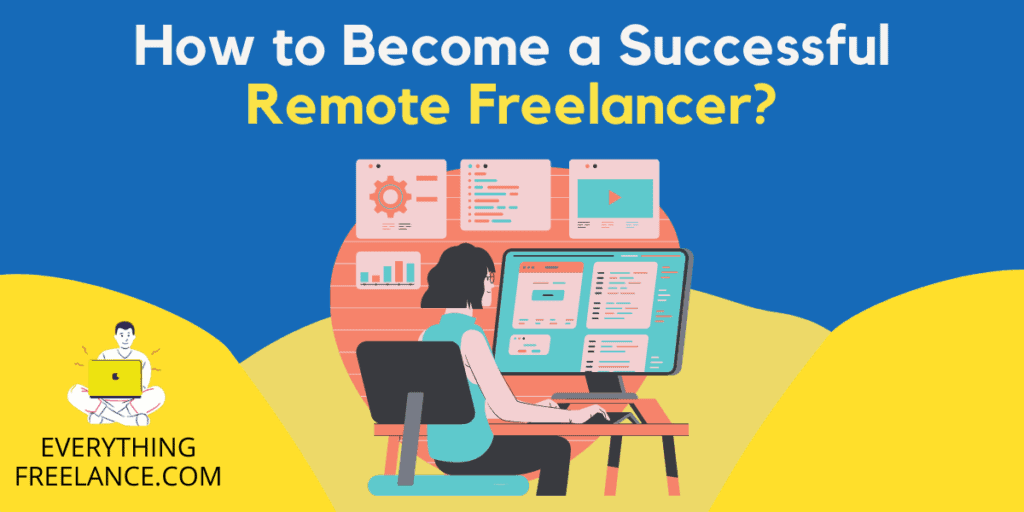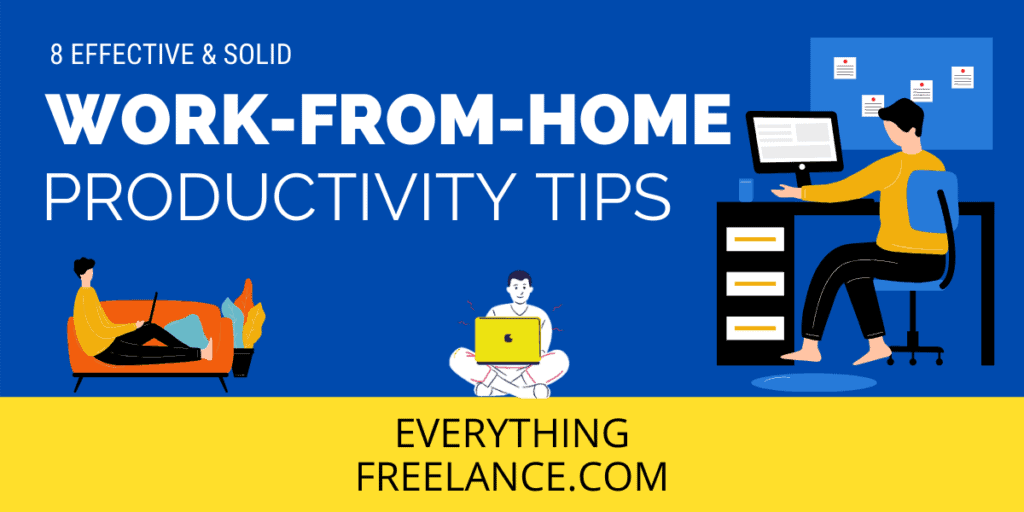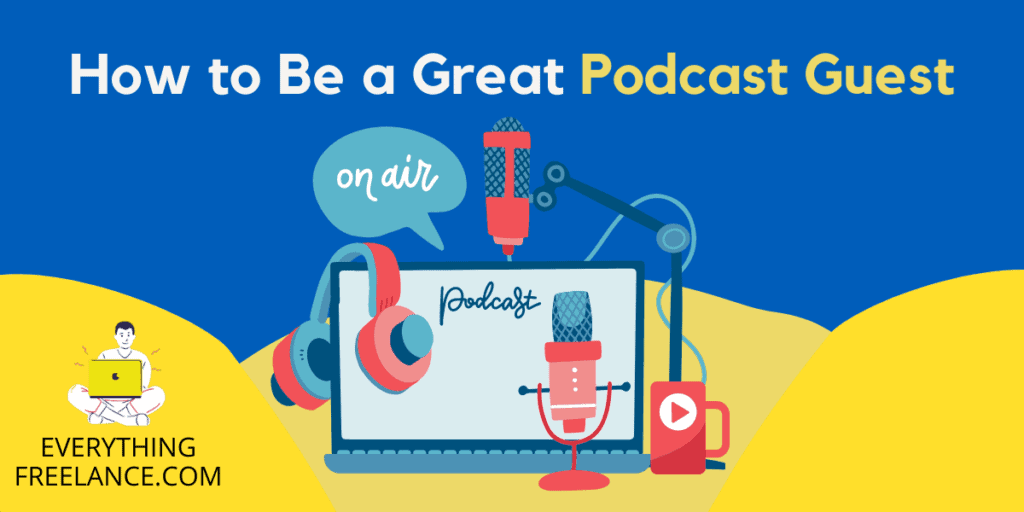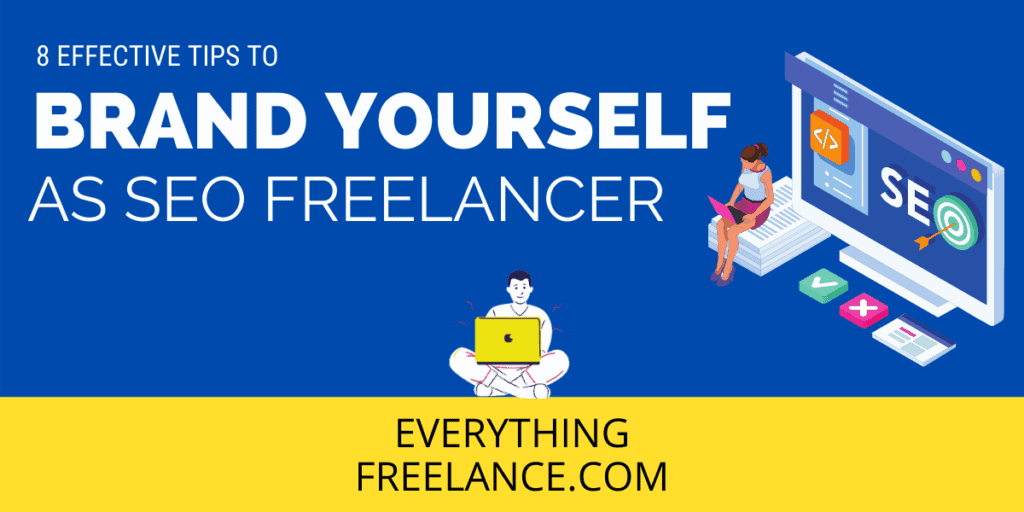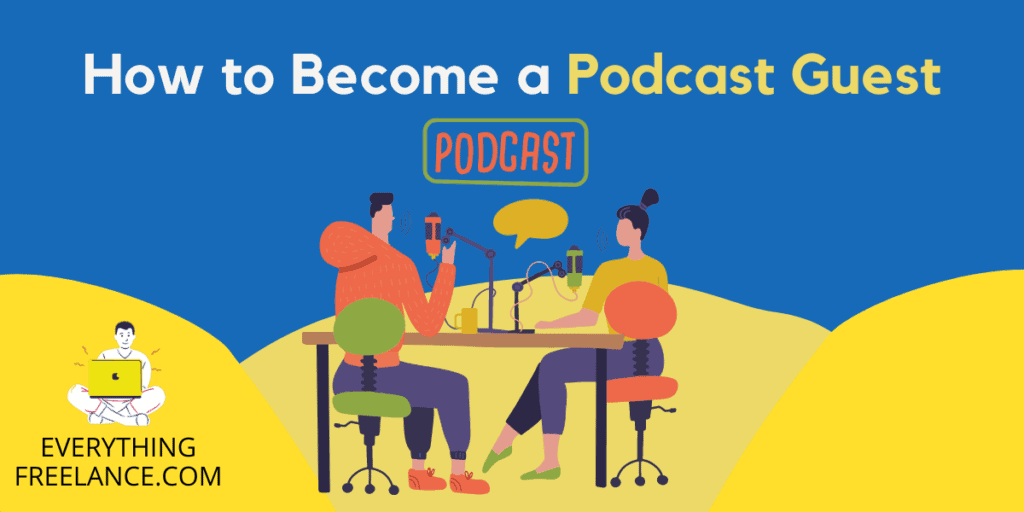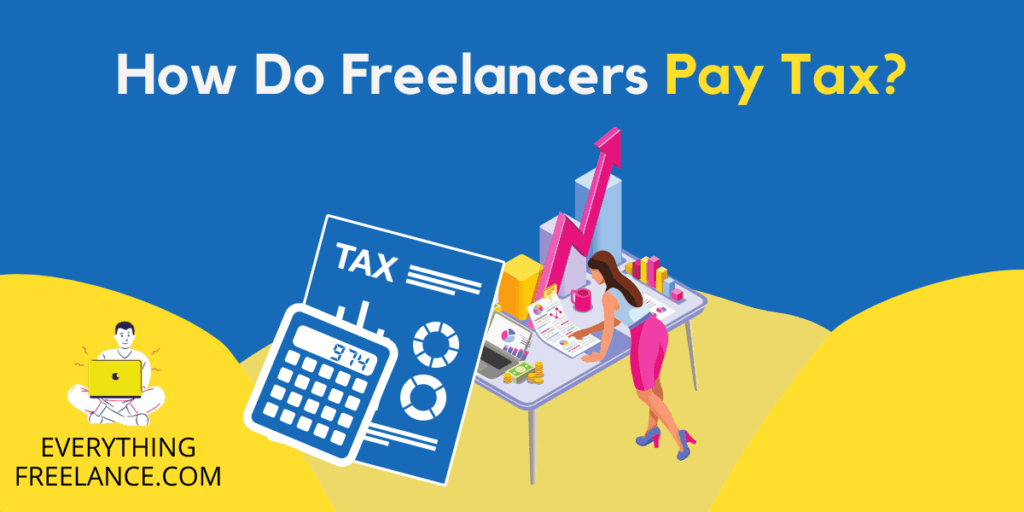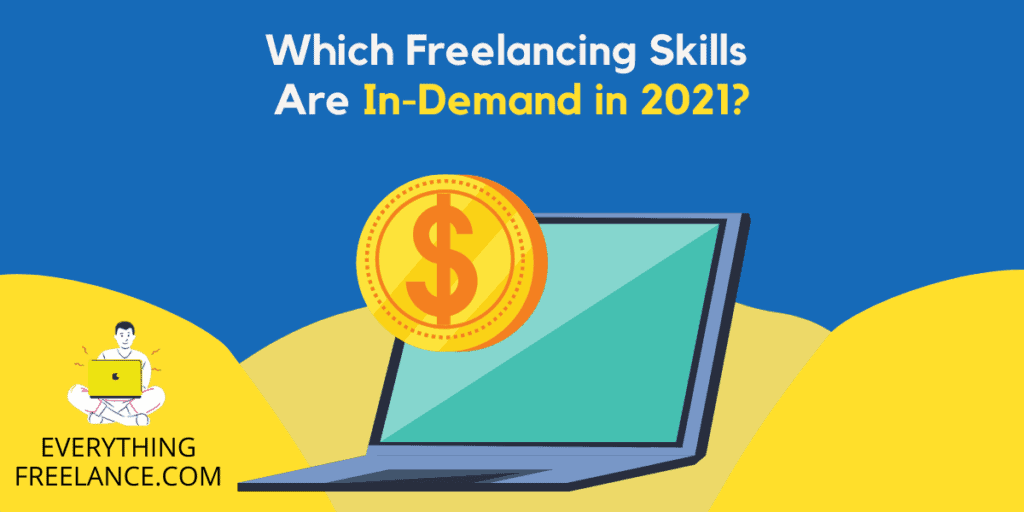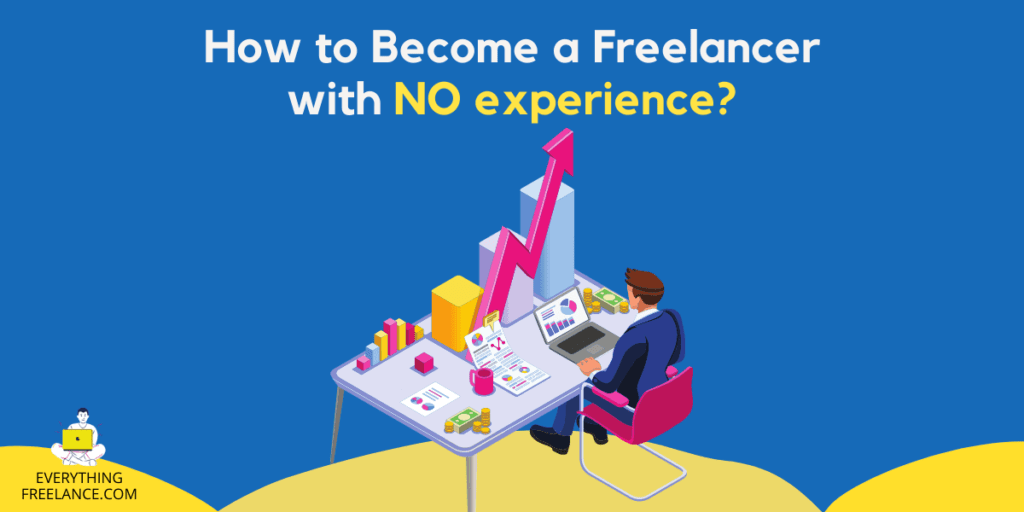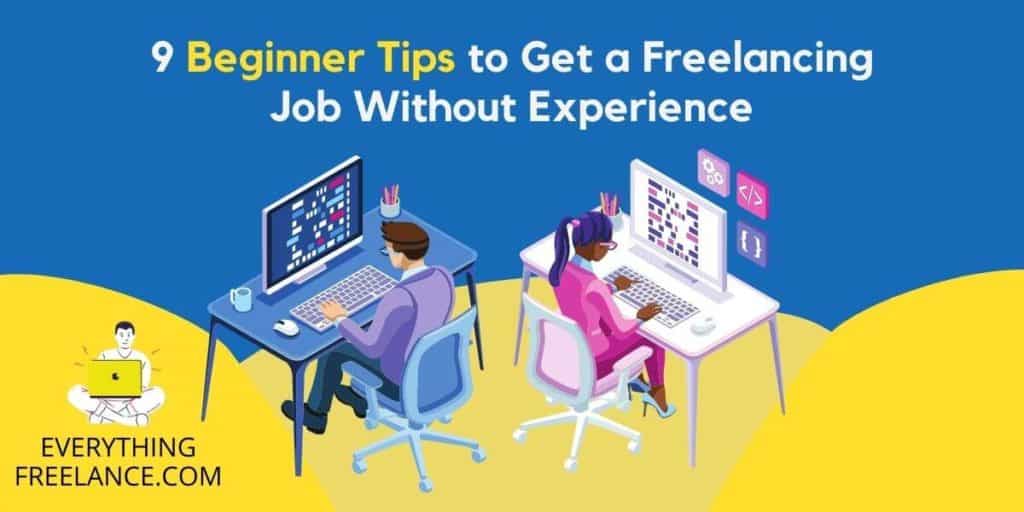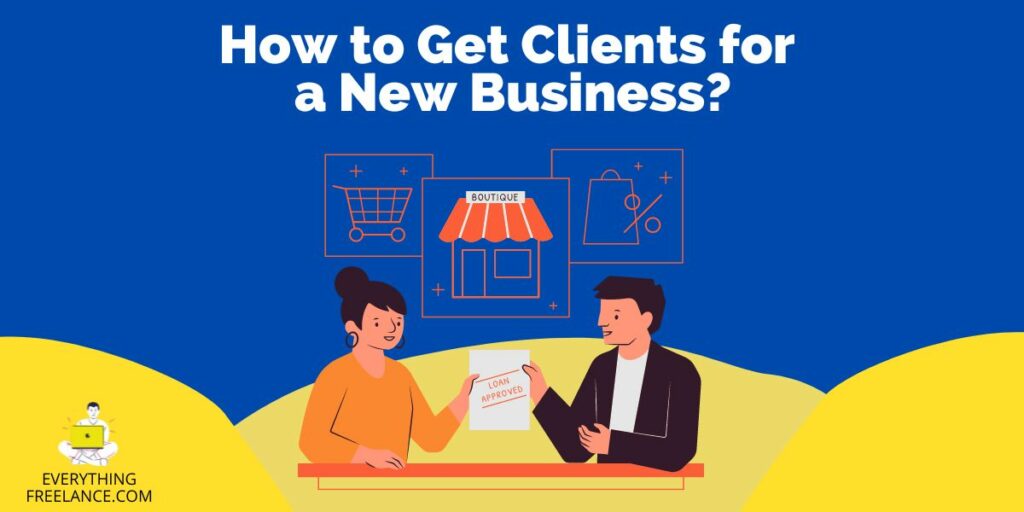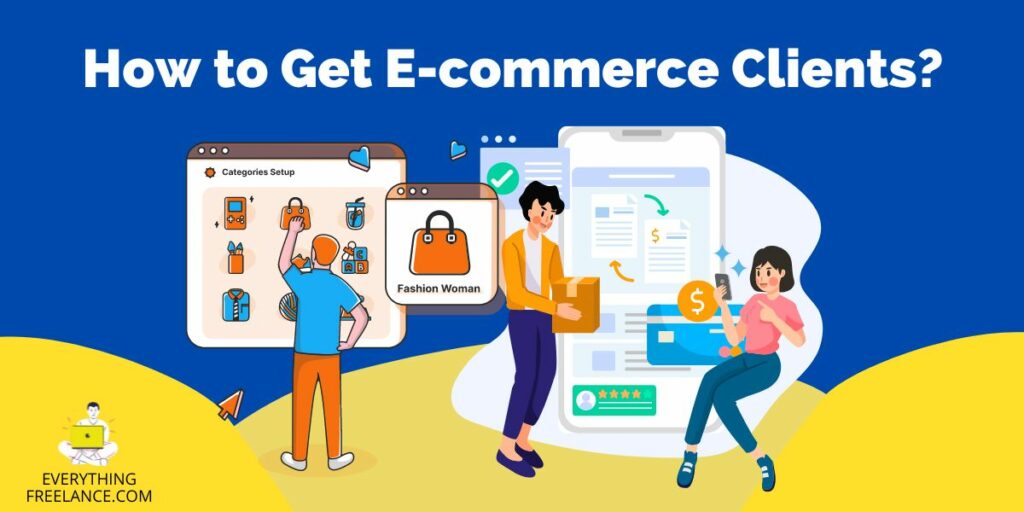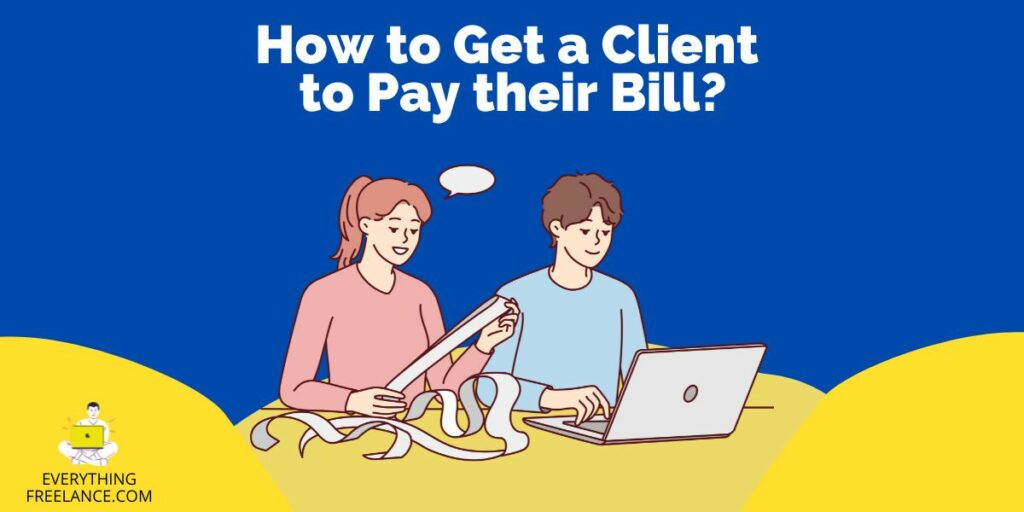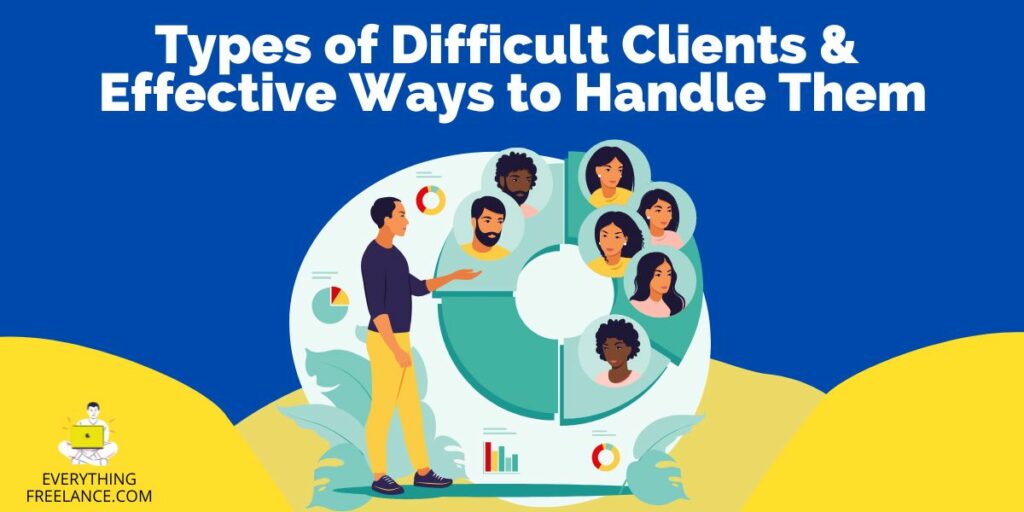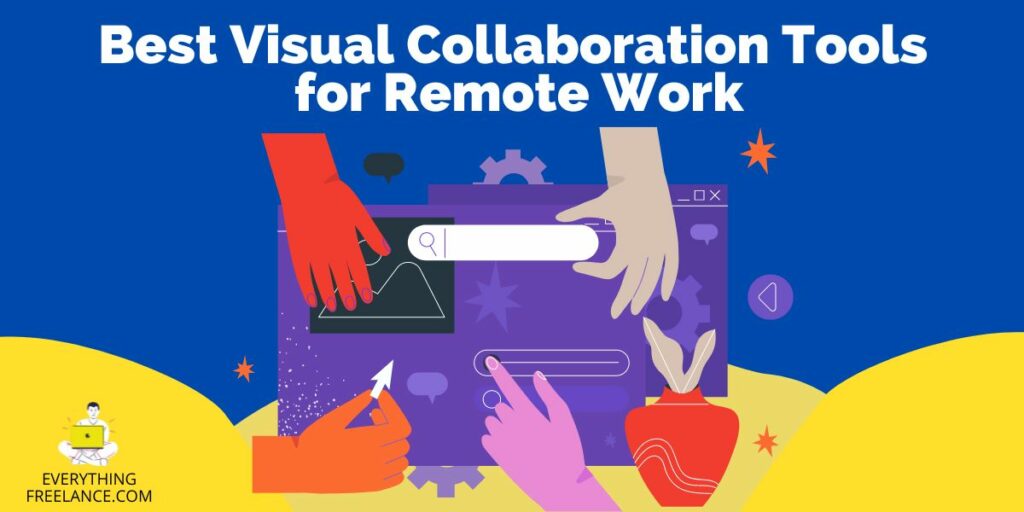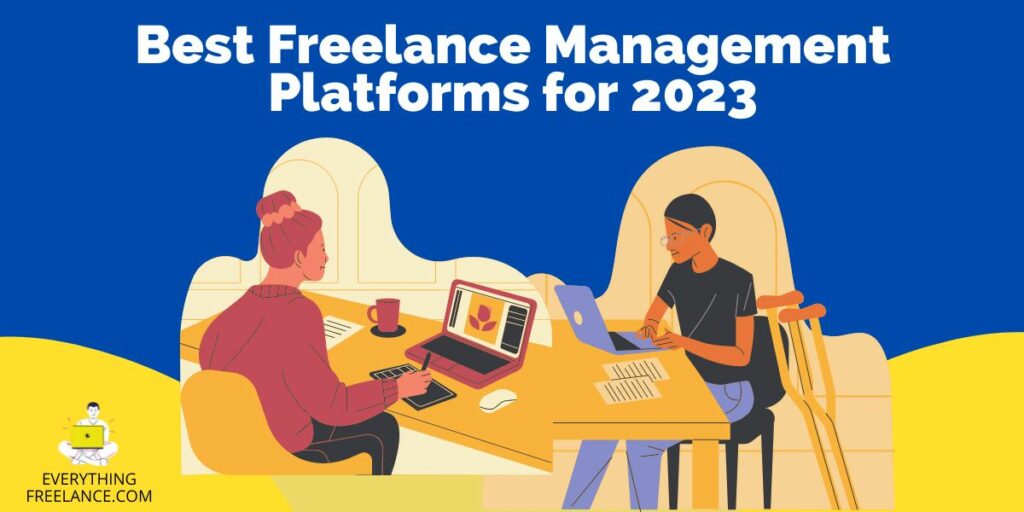Like any other line of work, freelancing has its advantages and disadvantages. If you’re a freelancer who’s been in the business a bit longer, you probably remember a time when you felt undervalued or unseen.
Perhaps, you kept looking at some of your colleagues who offered the same services and seemed to provide the same quality of work as you did. And yet, for some reason, clients kept circling back to them while you were struggling to find new projects.
The reason behind these people’s success is personal branding. Almost all of them have well-developed personal brands that help them move forward in the gig industry effort-free.
If you’re not familiar with the concept of personal branding, stay tuned to find out what personal branding for freelancers is, why it matters, and how you can start building your personal brand.
Personal Brand – Why Does It Matter for Freelancers?
The term personal brand is somewhat synonymous with the term reputation. So, whether you realize it or not, you technically already have a personal brand – generally amongst your friends and existing professional connections. The only difference is how developed your brand is.
Developing personal branding for freelancers is crucial – it is basically your top selling point. It can change how your clients look at you, increase your credibility and even help you raise your pay rates.
Luckily, with enough dedication and hard work, your personal brand will be up and running in no time. Let’s look at some of the ways personal branding can help you advance your career as a freelancer.
Make an Impression
By growing your freelance personal brand, you can make a lasting impression on potential clients and people or platforms who might help promote your work. An excellent way to start is by creating your own website and increasing your digital footprint.
What does increasing your digital footprint mean? In simple words, this means building an online presence through multiple social media sites and professional platforms that resonate with your personality and style.
So, don’t shy away from creating a professional Instagram account, an informative LinkedIn profile, or even a fun and educational TikTok account.
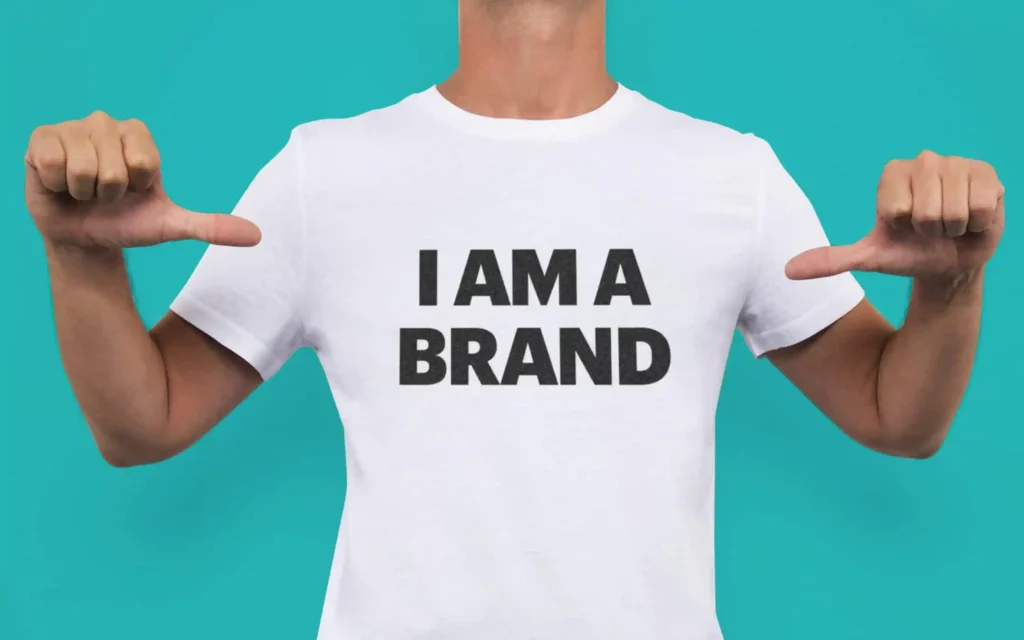
Create an Identity
The key to personal branding freelance is to “create” or rather highlight your identity in order to achieve that authenticity that makes you stand out from the crowd.
You don’t have to create a new character for yourself and live a double life to have a good personal brand. In fact, you shouldn’t do that. People respond better to honest and authentic content.
Think about all the things you like, such as hobbies, interests, and passions, that are somehow work-related and will help you highlight your personality. But make sure that you also showcase your knowledge and expertise in your work field.
Established Relationship
Networking is a major part of growing your personal brand. The more people and other brands you associate with, the bigger your recognition gets. So, when it comes to growing an audience, don’t underestimate the power of good and influential connections.
A good personal brand can open doors for different freelance conferences and gatherings and help you advance in social and professional circles.
The good thing about working on your personal branding is that you really don’t have any competitors (at least not in the traditional sense). Instead, you have peers who have similar goals and interests, and you probably share part of the same audience.
This doesn’t necessarily mean that you need to compete for that audience’s attention since there is no product or service here at stake. Developing your personal brand is not the same as developing your client acquisition strategy, but it can certainly significantly influence your client base.
Thought Leadership
You can use your personal brand to share your knowledge with your audience. This way, you establish yourself as an experienced and knowledgeable authority in your field and build better credibility.
There are a number of ways personal branding can impact your thought leadership strategy. By expanding your audience, personal branding can help you become easily noticeable and build networking opportunities and reliability. By extension, this will help your business grow and increase your confidence, both on a personal and professional level.
You can take advantage of the increased popularity and get your message across by engaging in new media opportunities, such as showing up in interviews, podcasts, and magazines.
A good personal brand can also help you branch out and venture into other career opportunities. It gives a unique advantage to connect with like-minded people who work in other similar industries and build new partnerships.

Attracts Clients
It goes without saying that building a successful personal brand will attract new clients.
Let’s say you are a graphic designer who offers tutorials and how-to videos for advanced graphic designing techniques on your Instagram account. Naturally, you will create an impression that you are an excellent graphic designer, and your rates and demand will skyrocket. Not to mention the increase in popularity that will prove profitable on its own.
So, building a personal brand as a freelancer has a huge influence when it comes to attracting new clients. After all, that’s kind of the point of the endeavor.
Explain What You Do Best
Having a personal brand and a well-established online presence gives you the opportunity to showcase your professional talent. Although it’s never a good idea to over advertise your services on personal social media, when you become popular by giving, let’s say, graphic design lectures, it’s kind of unavoidable that people will discover your talents more easily.

Create and Build Trust
It goes without saying that if you build a good brand, clients will trust you more. New freelancers have a hard time building trust among customers on the market. And the main reason for that is the absence of a good brand.
Trust can help you expand your clientele – a simple word of mouth can get new projects knocking on your door.
How do you build trust? Simple – talk to your clients! By sharing with them your ideas for the project, your experience, and how it can contribute to it, even including them in some parts of the process and answering their questions, you can convince them that you’re the right one for the job.
Higher Charges
The more famous your brand is, the easier it is to charge more. As a freelancer, you heavily rely on a paycheck that you create yourself. So, when starting out, it can be hard to sell on the market for a good price.
However, once you have an established freelance personal brand, it will become easier to place a price that you believe is right for the type and quality of services you give. Remember that without a brand, you’re simply competing on the market’s price ground, but with one, you get the market to compete on your ground.
Now, It’s your turn!
Now that you know why personal branding for freelancers is important, it’s time to start working on yours. Think about what kind of personal brand you want to build. Get a piece of paper and brainstorm all goals you want to achieve. Then, write down your best qualities and try to figure out how to use them to get to your aims.
After that, it’s just scaling up and making meaningful connections. Remember to only share content that adds value to your personal image and audience.
FAQs
There is really no one way to do it. You have to determine your goals, discover your target audience, analyze your competition/peers and then start building relationships and extending your network. Make sure that you create trust between you and the customers throughout the whole process.
The 5 A’s of personal branding encompasses five of the most important ingredients for building a successful personal brand:
- Authenticity
- Authority
- Aspiration
- Affinity
- Artisanal
Absolutely! As a freelancer, you can use your own name as a personal brand name – or it can be anything you want it to be. You can make something up using your initials or come up with some clever and catchy pun. Sometimes, it doesn’t have to mean anything at all as long as it sounds good to you.
A brand statement is a short two or three-sentence statement that best describes who you are, what you do, and what kind of value you offer.
To write your personal brand statement, you can start by brainstorming your best skills and how you can use those to help others. Dig deeper and explain why you want to do this, who’s your target audience, etc. Once you have a result you like, share it around your social media and see the reactions!
Steer clear of statements that look flat and unenthusiastic. Remember, your personal brand statement needs to represent your entire personality – professional and personal so. Instead, add a little more color to your description. Throw in some extra accomplishments or engagements to make you stand out.
A strong personal branding for a freelancer would be one that impacts a lot of people and generates client leads. The content on your digital platforms might not necessarily be directed specifically to your potential customers or clients.
So don’t get discouraged if, at first, you don’t see a sudden surge of new client requests. But, by growing your overall social media presence and building your image, a word about you and your business will spread, and your client base will increase.
